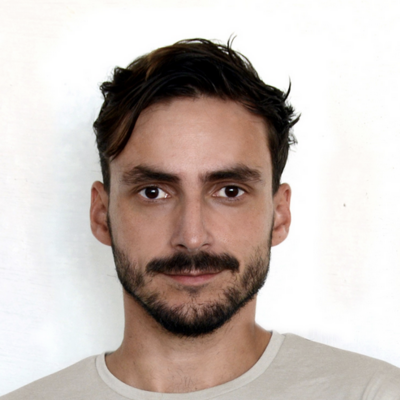

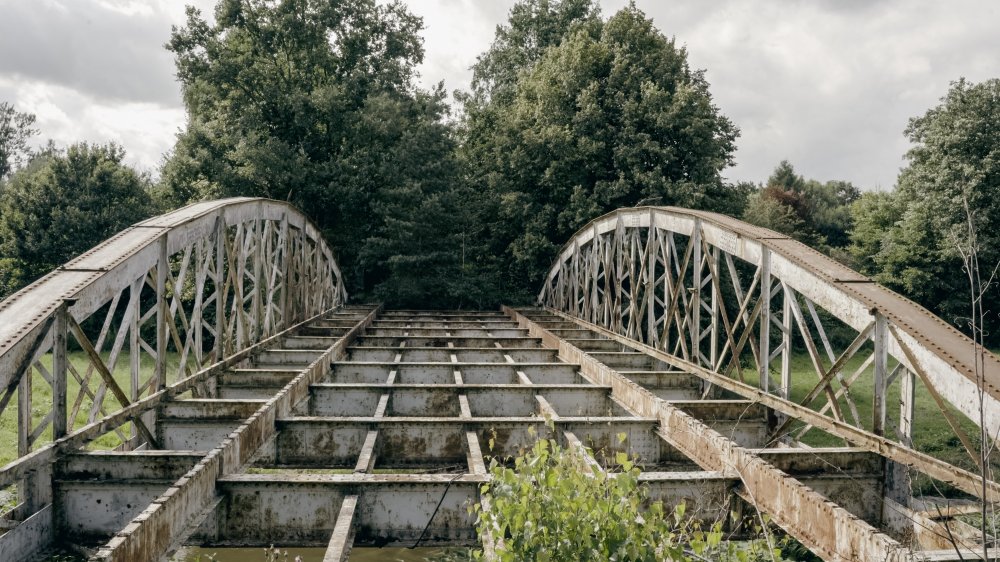
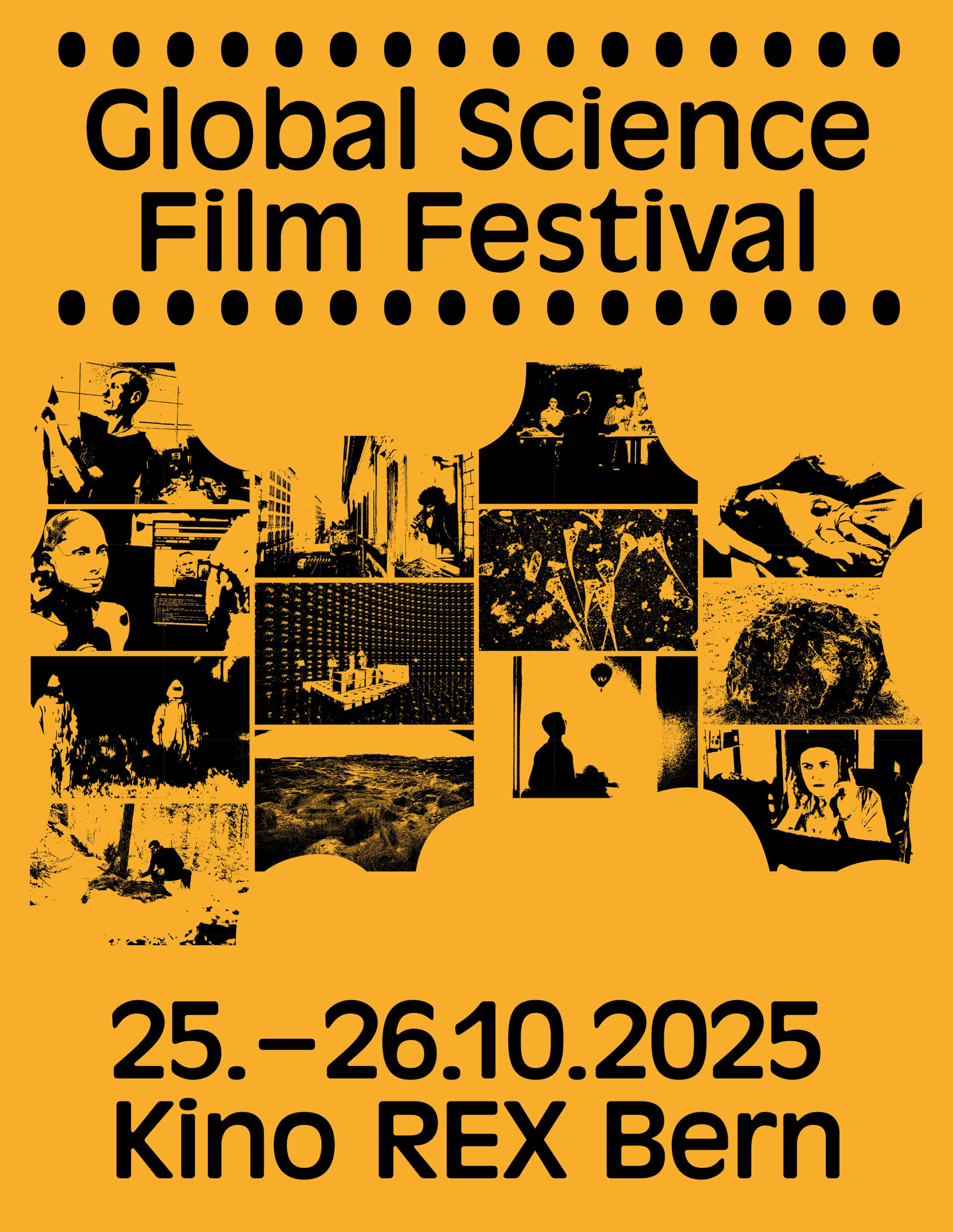
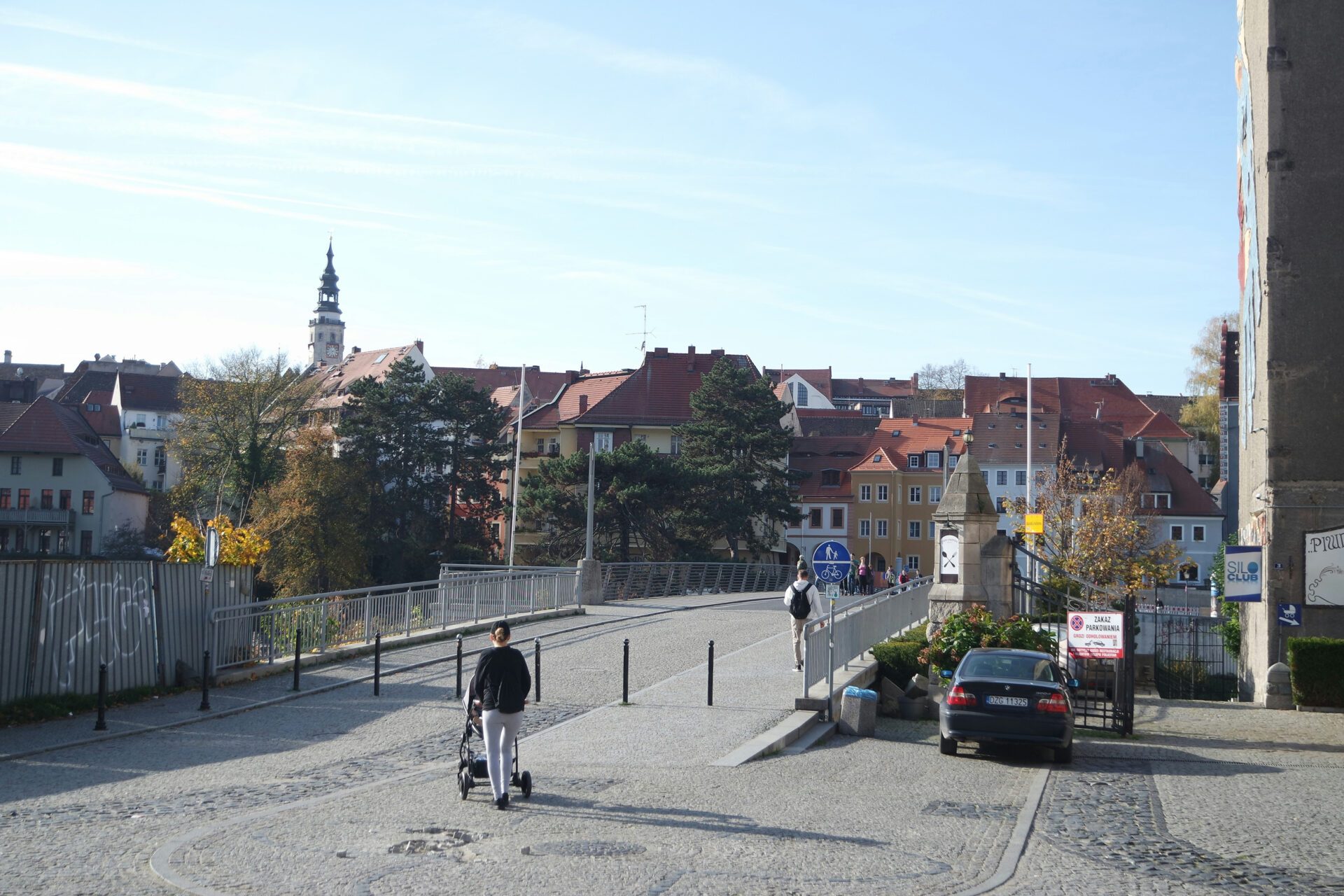



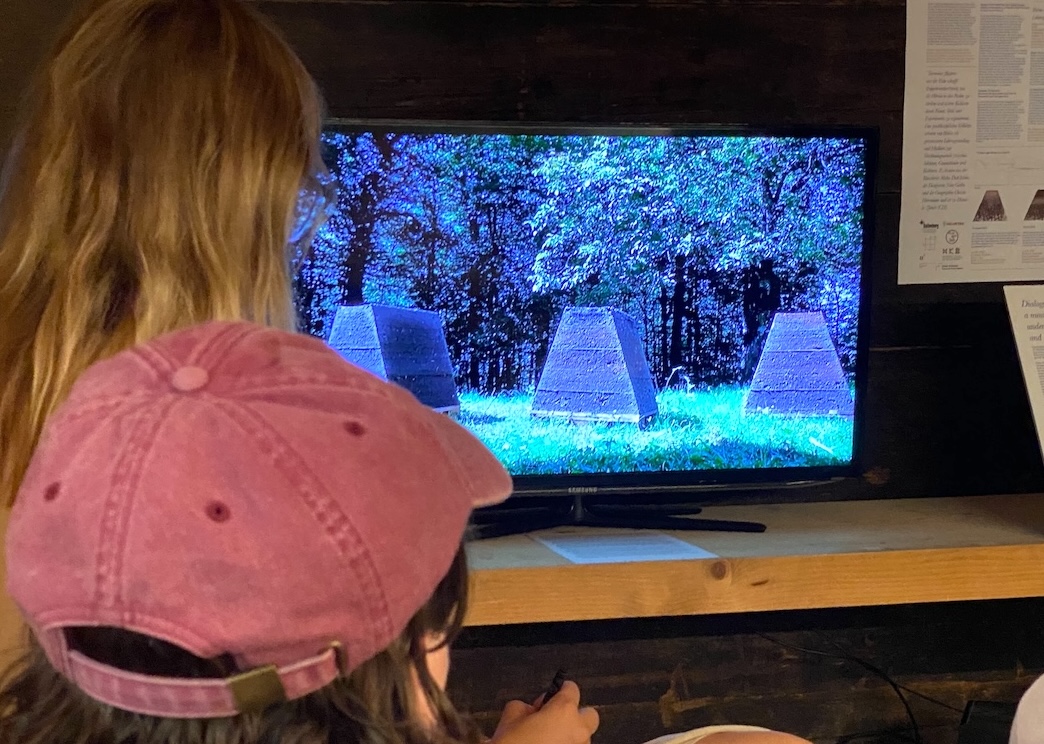

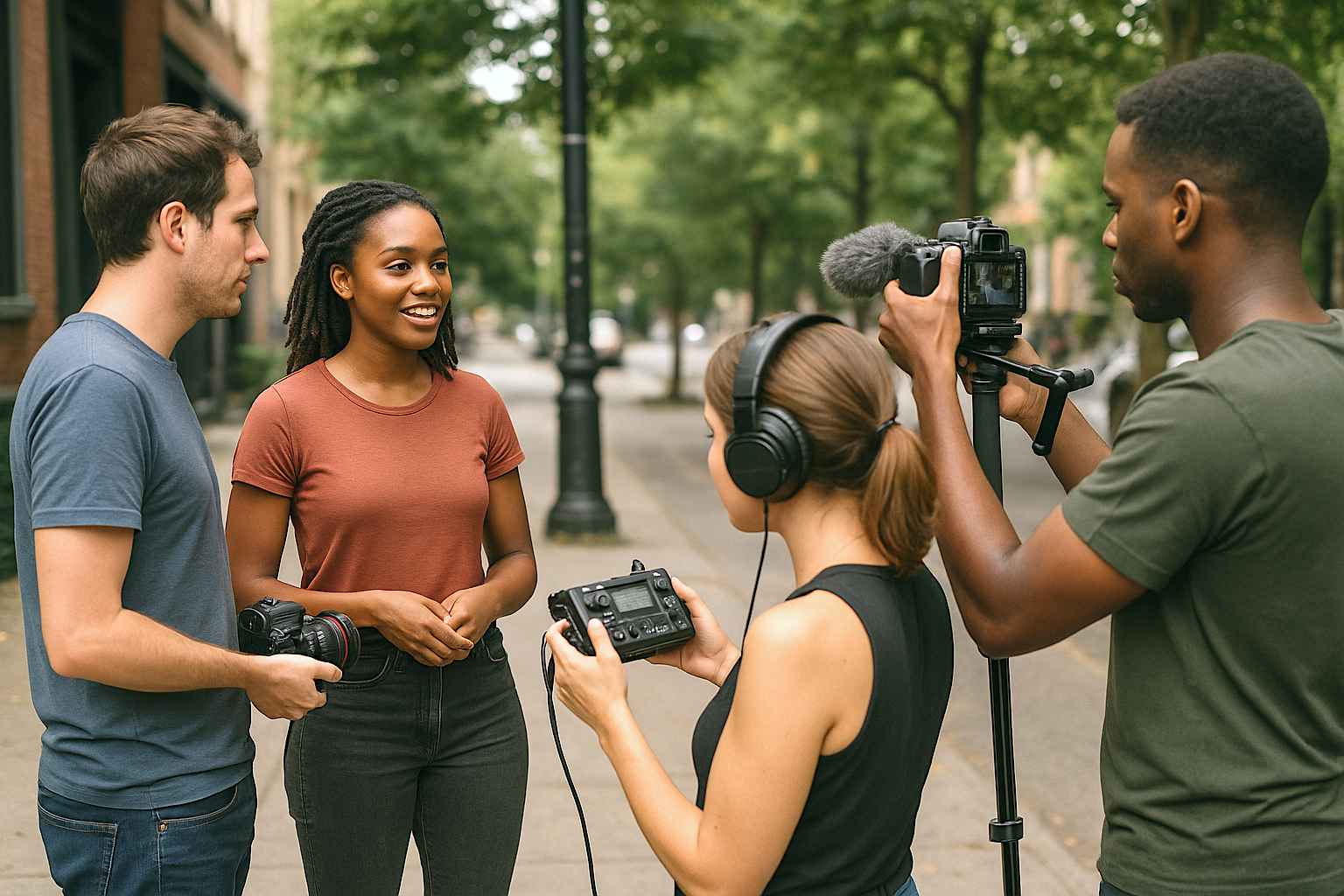
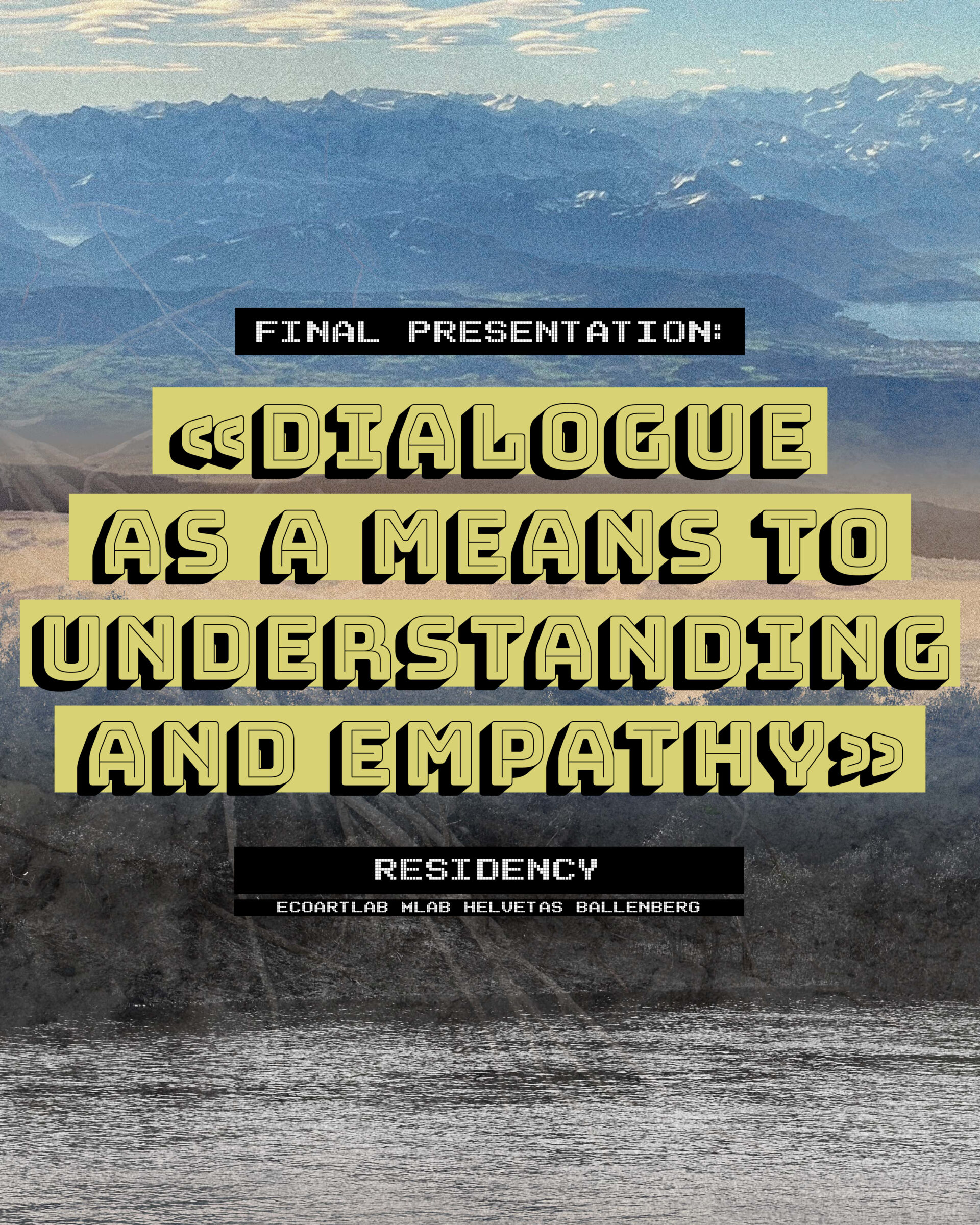
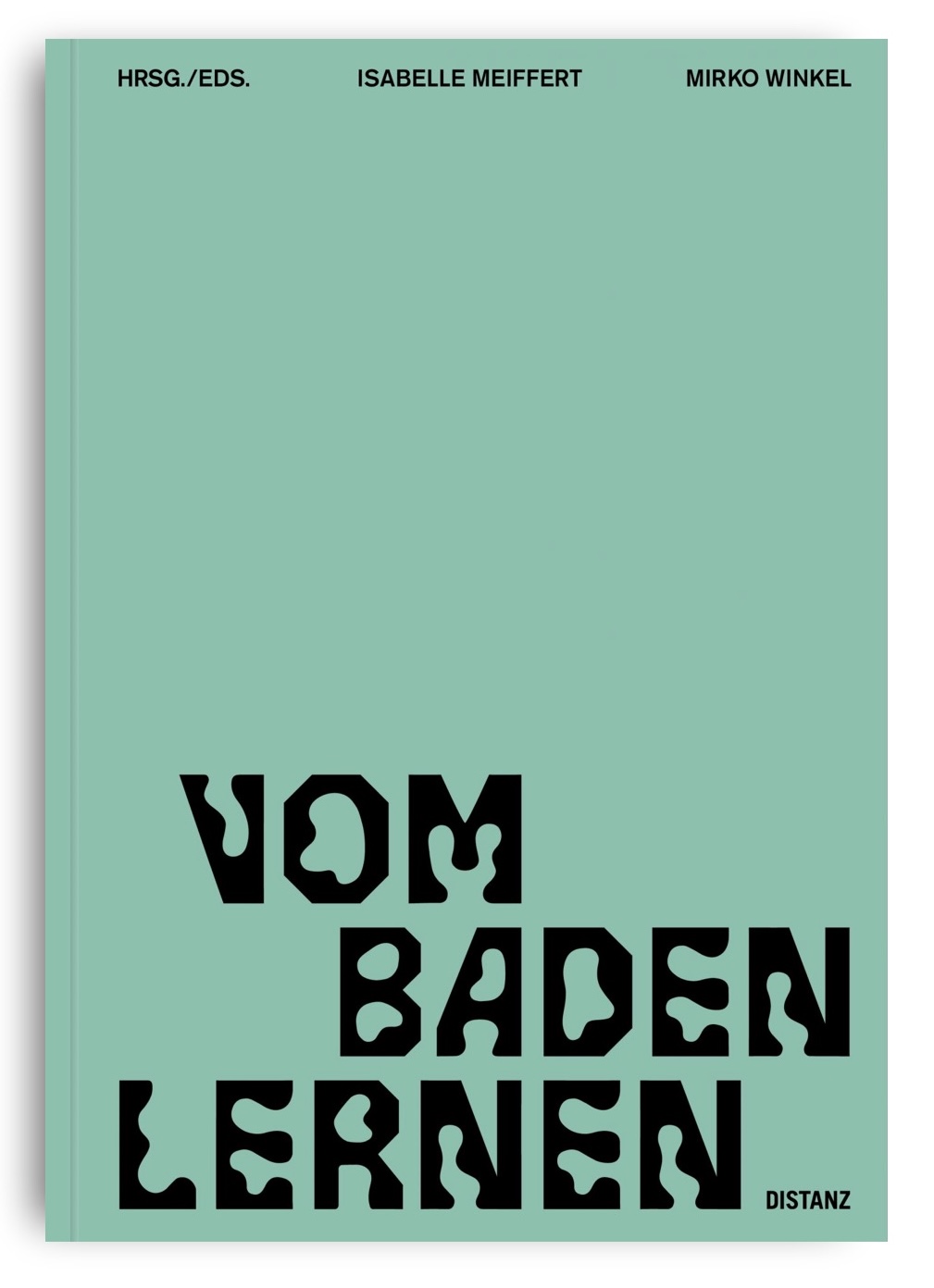
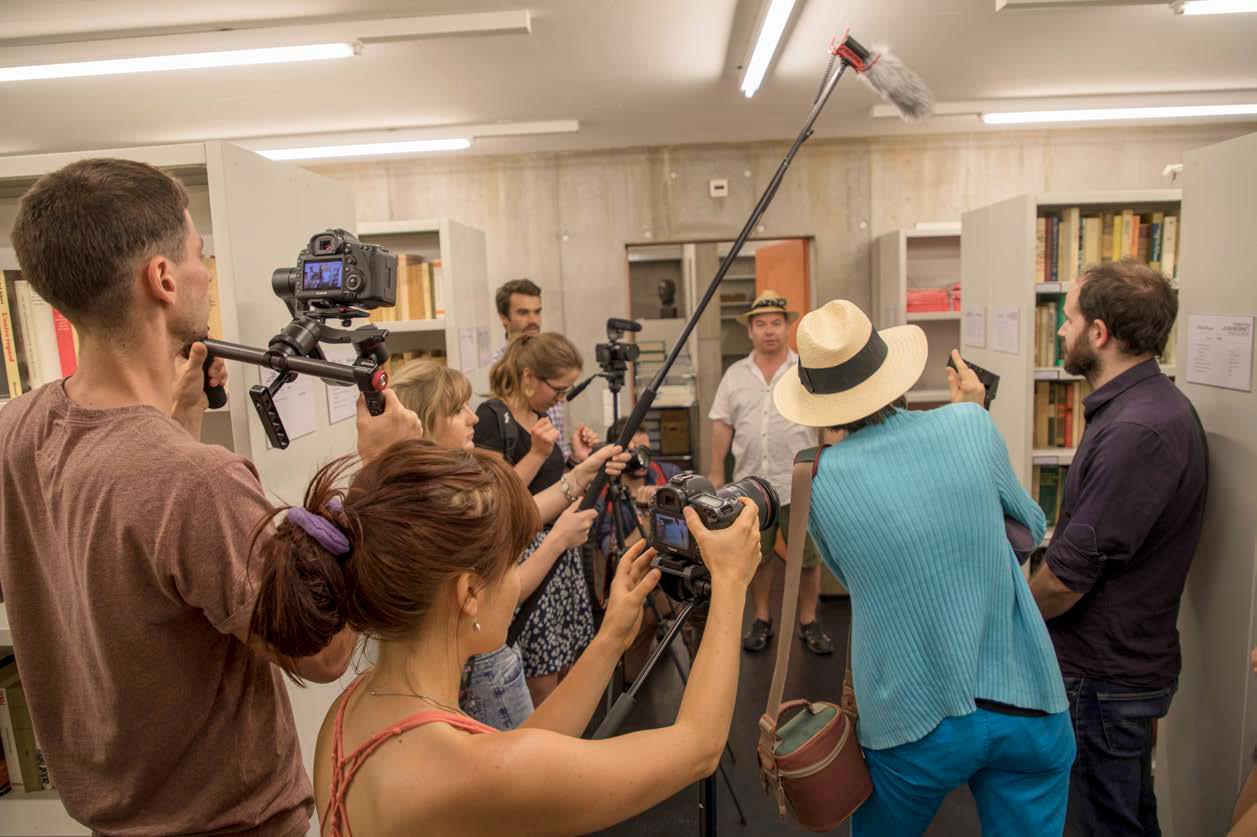
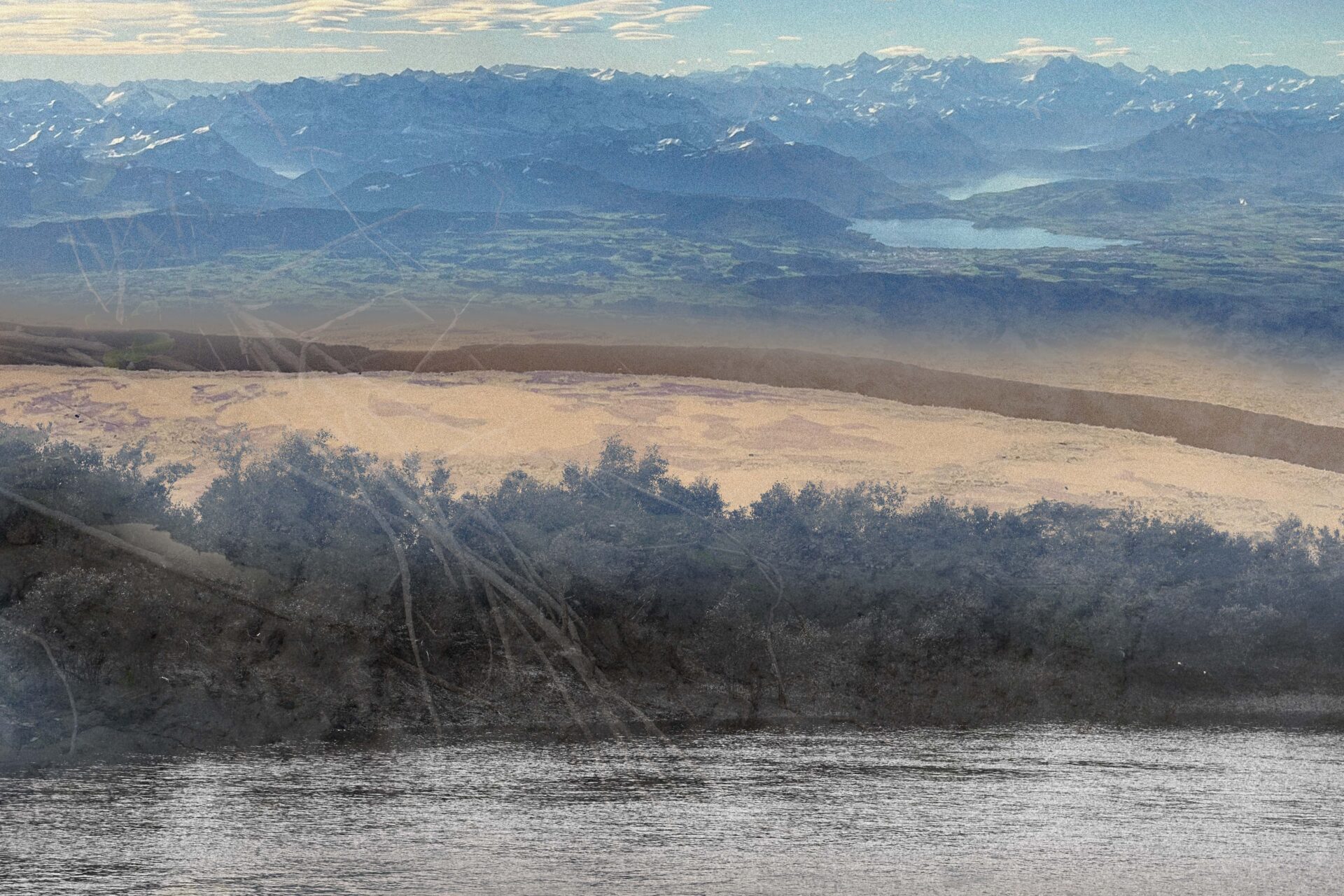
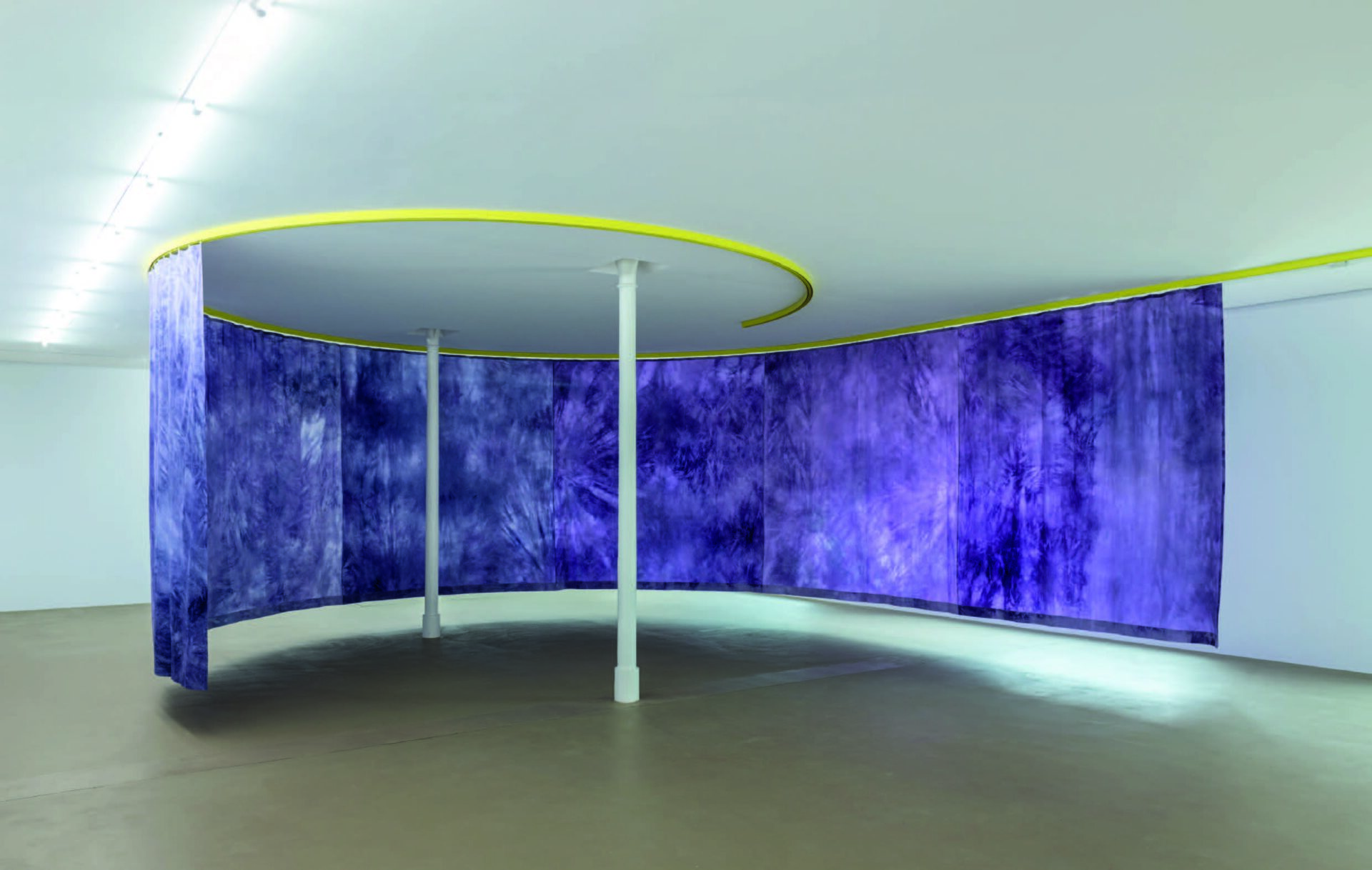
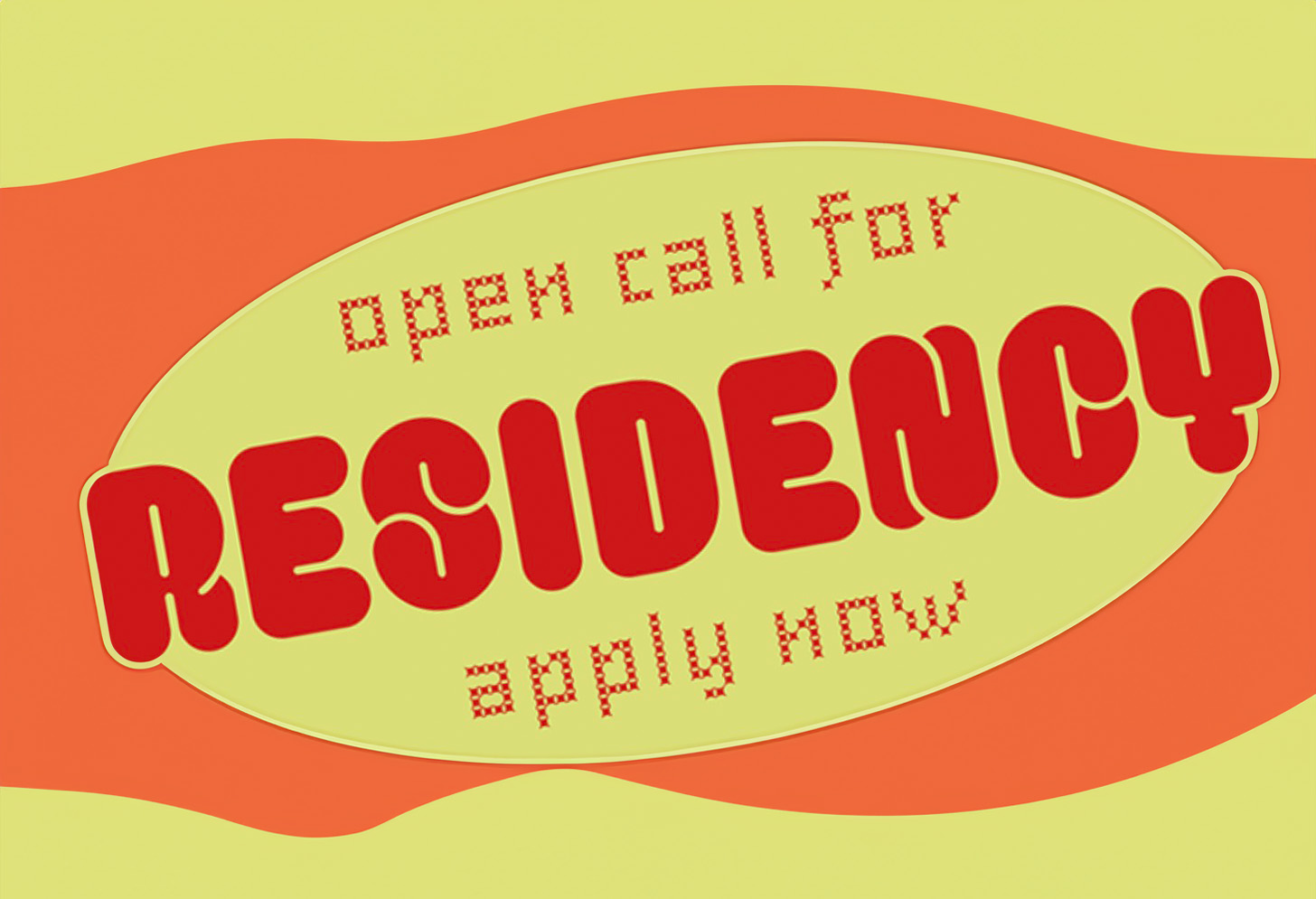
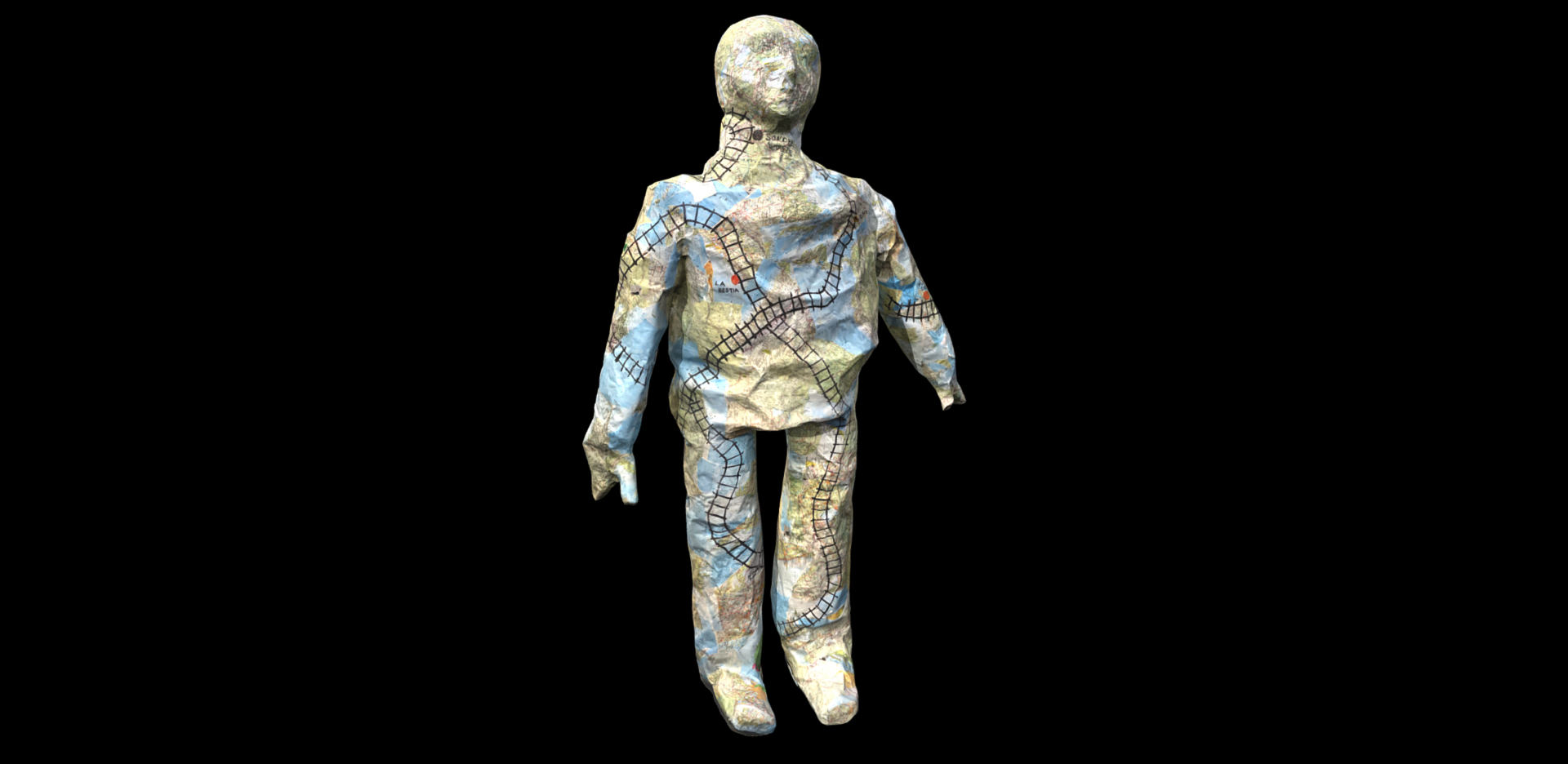
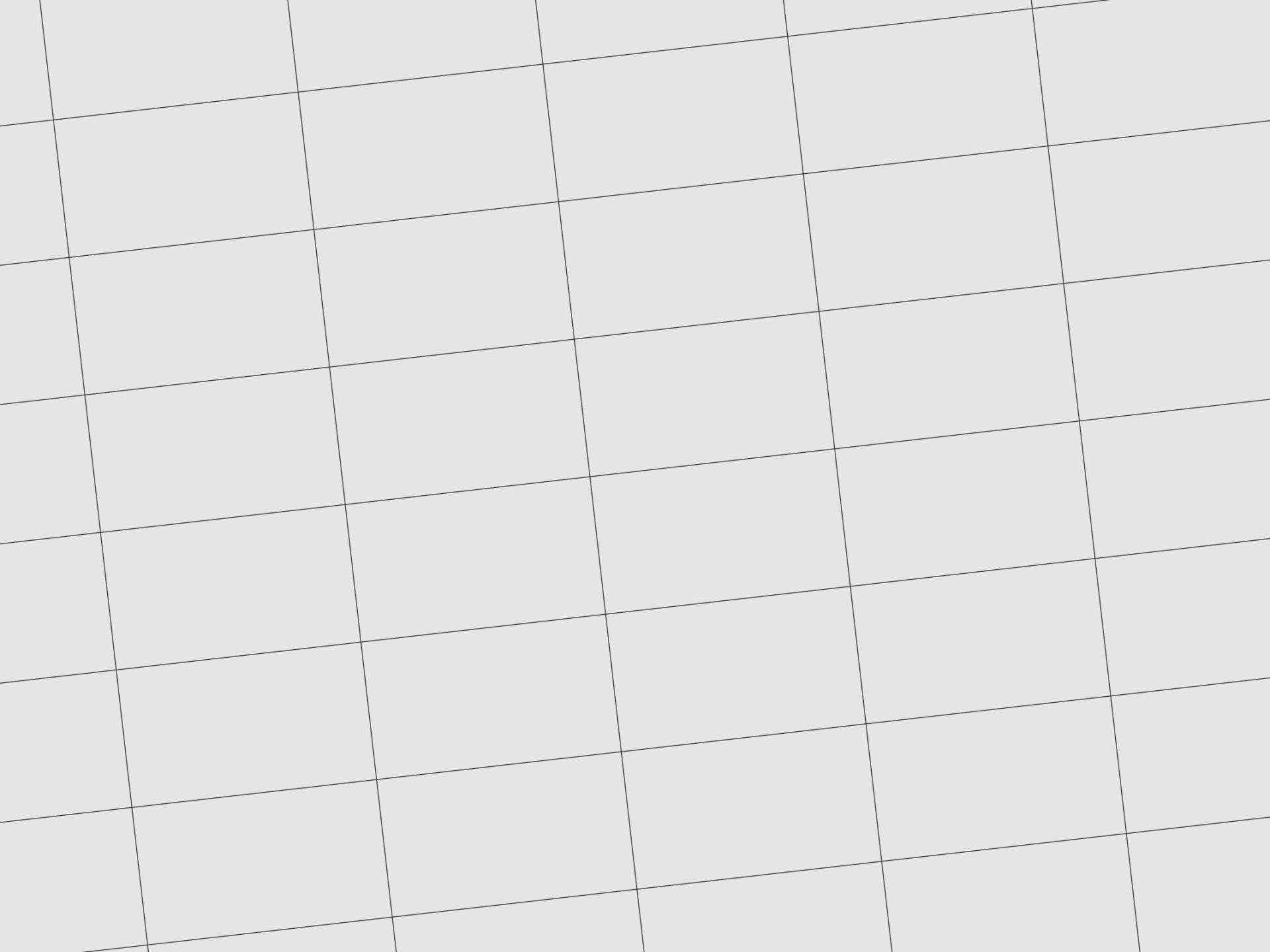
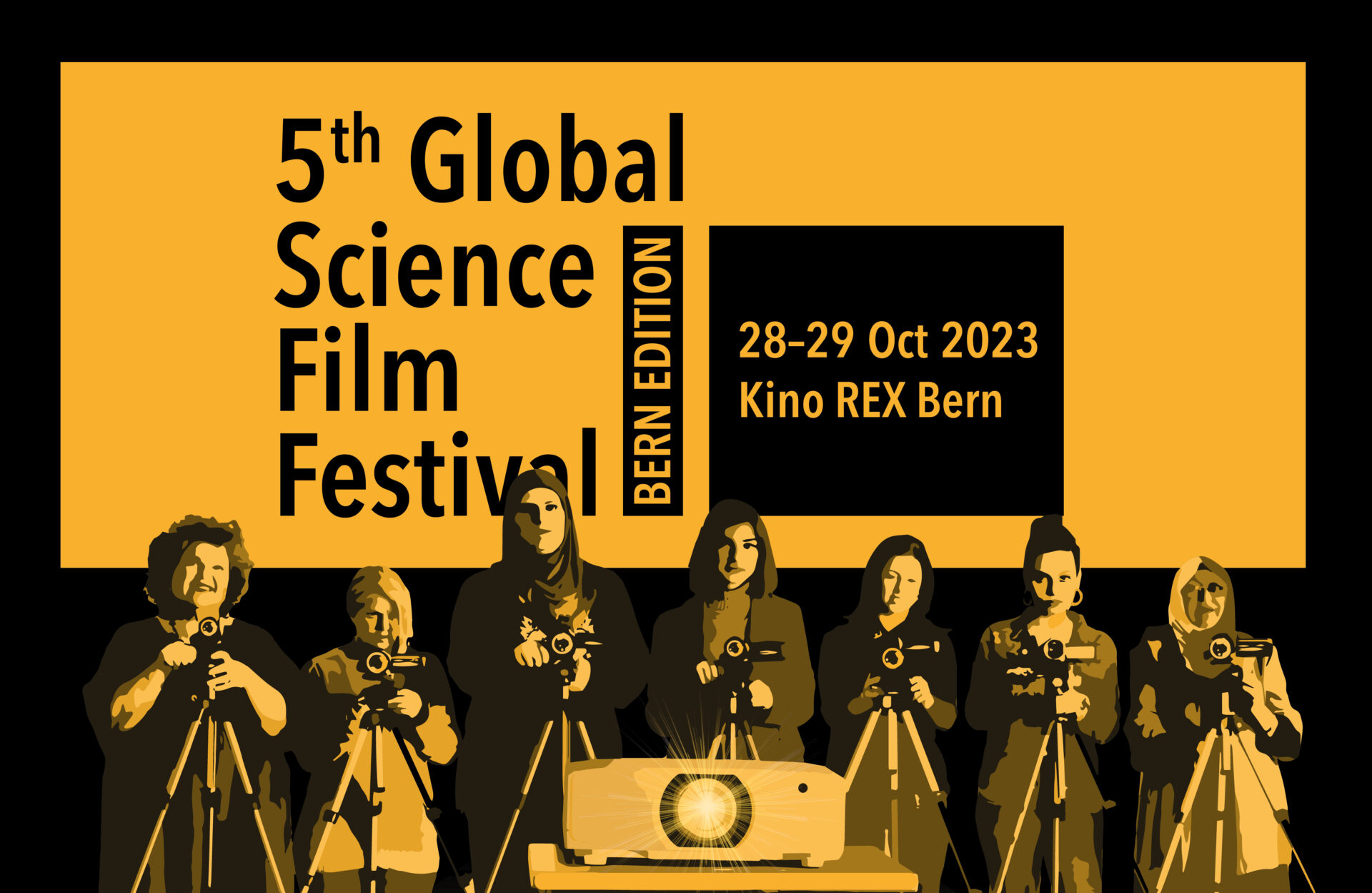
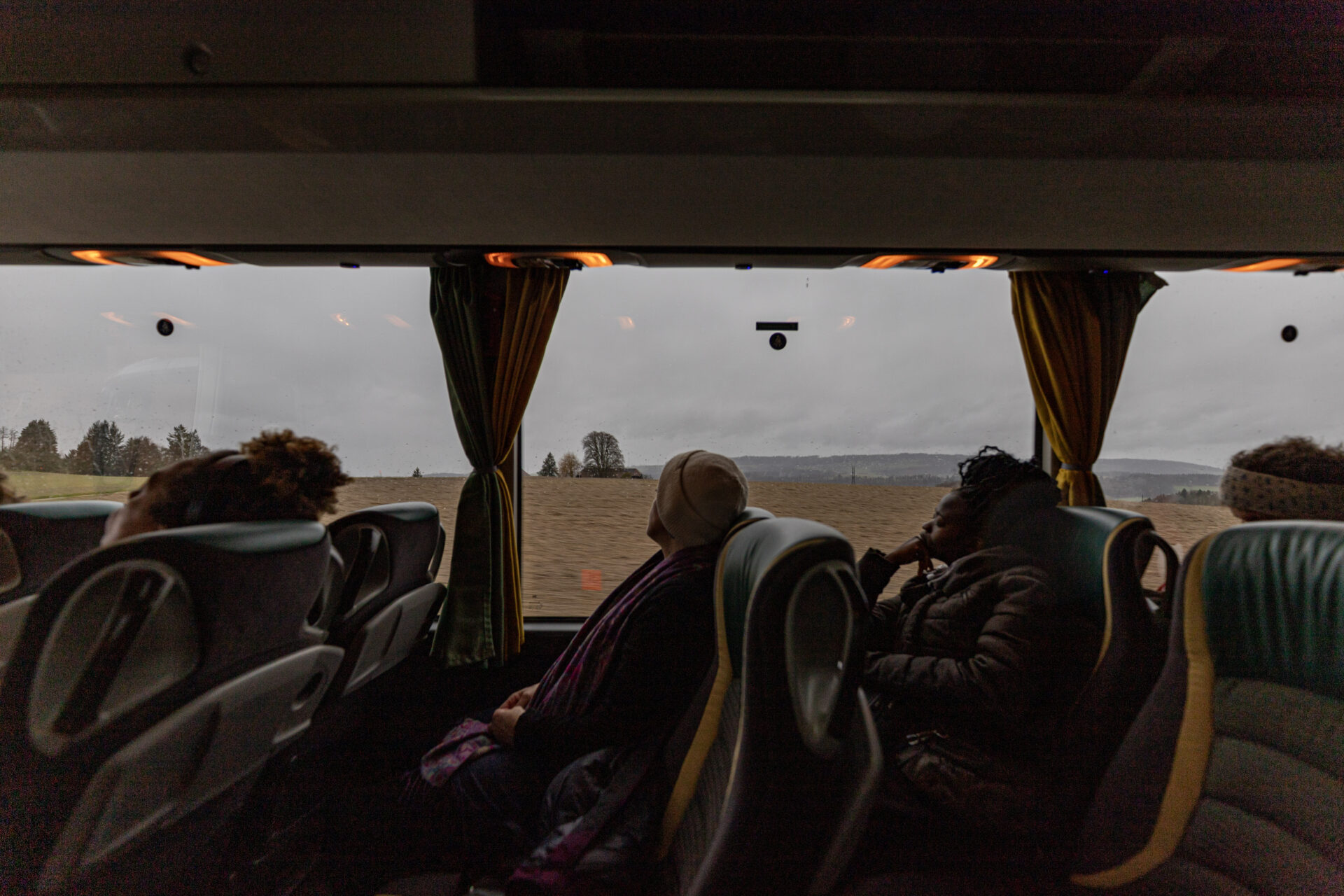
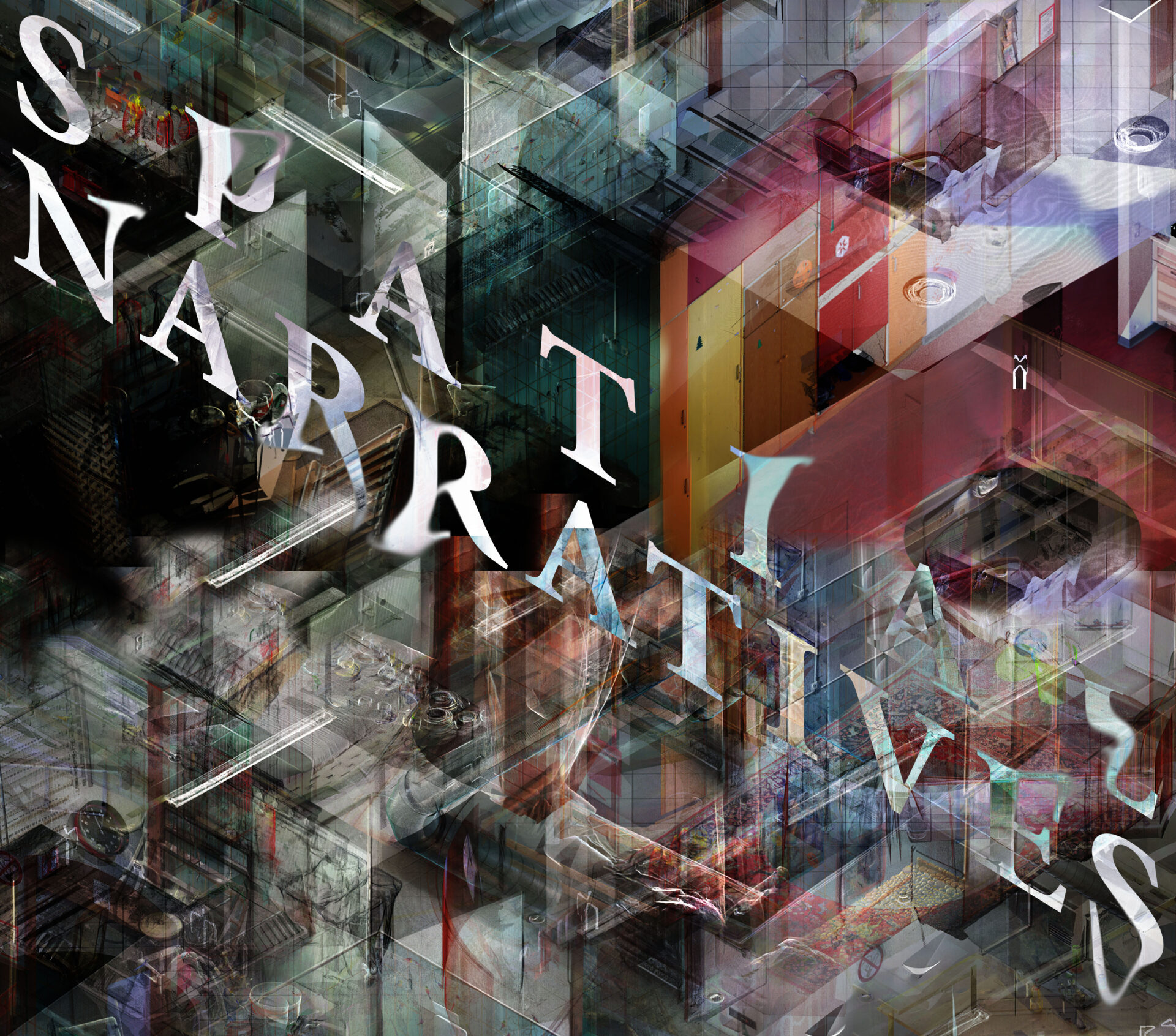
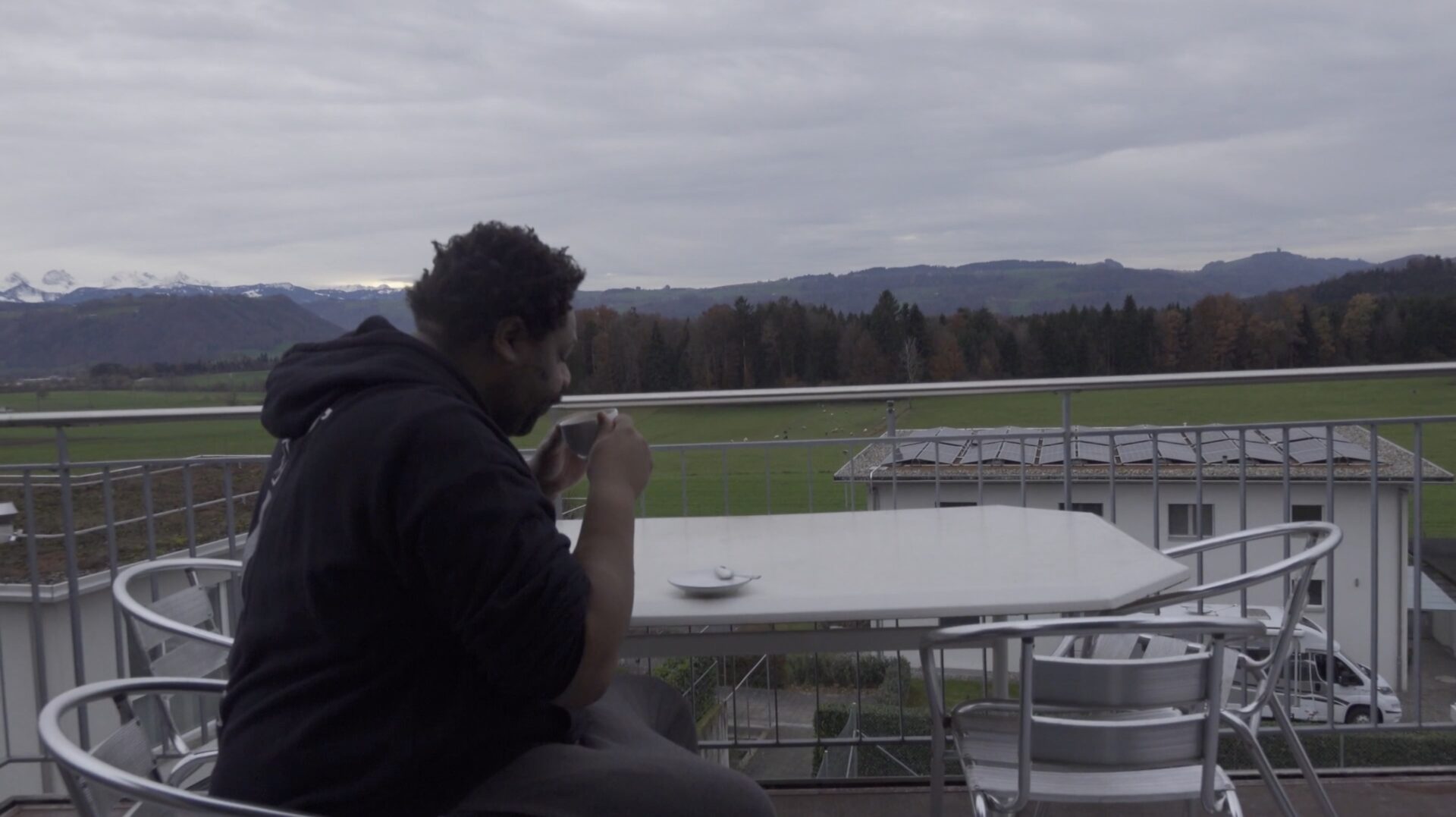
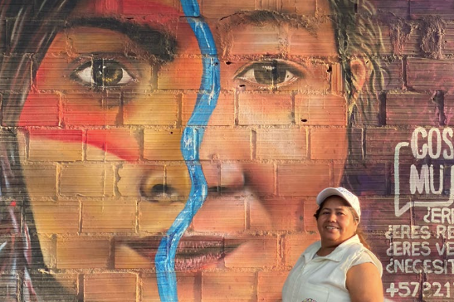
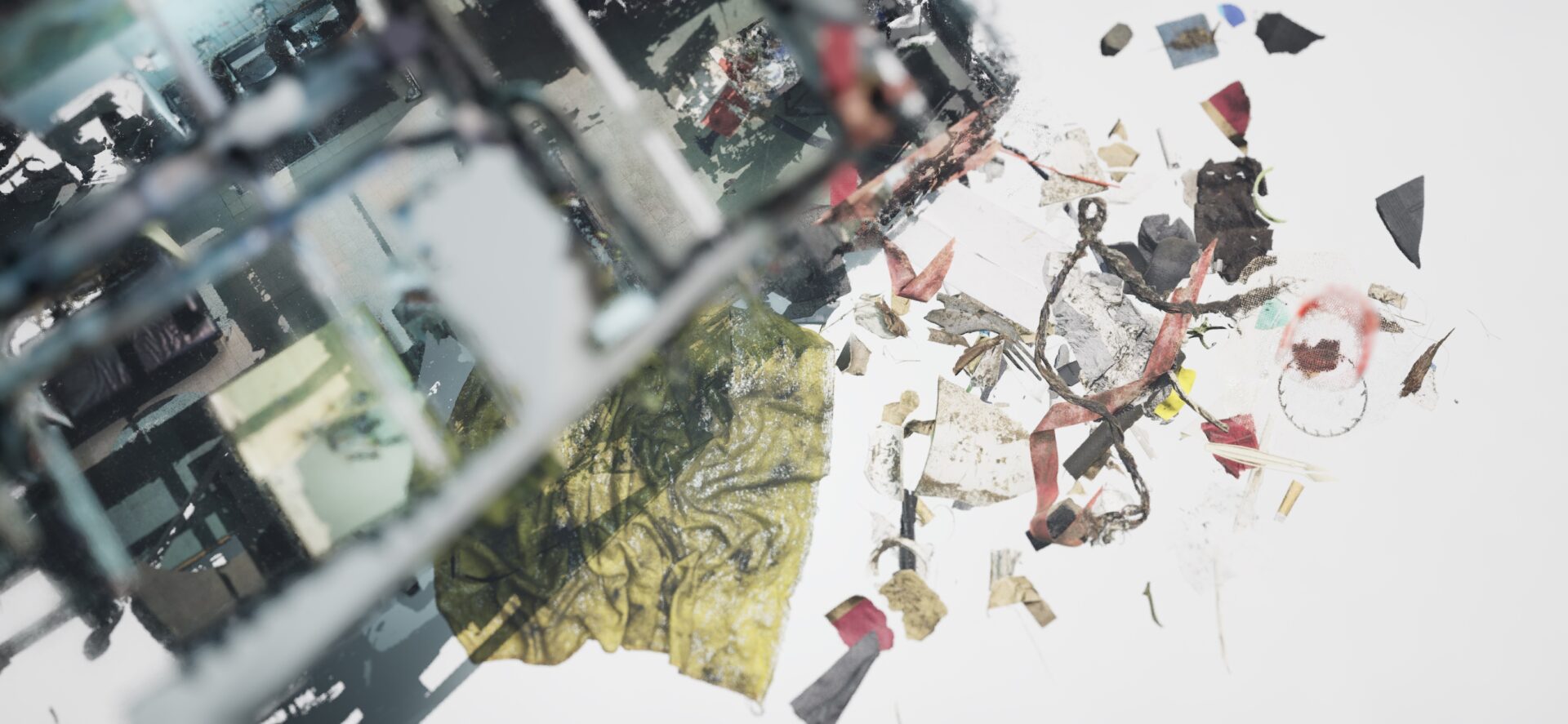

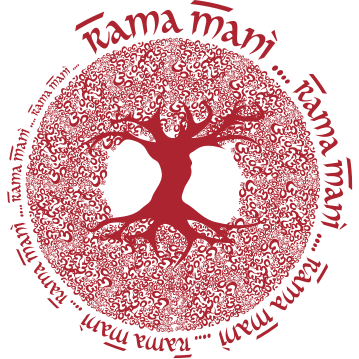
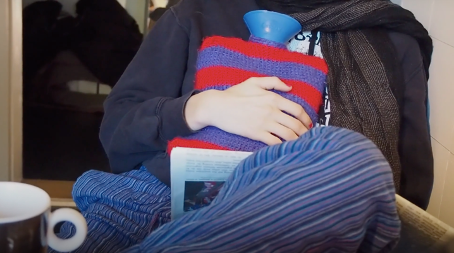


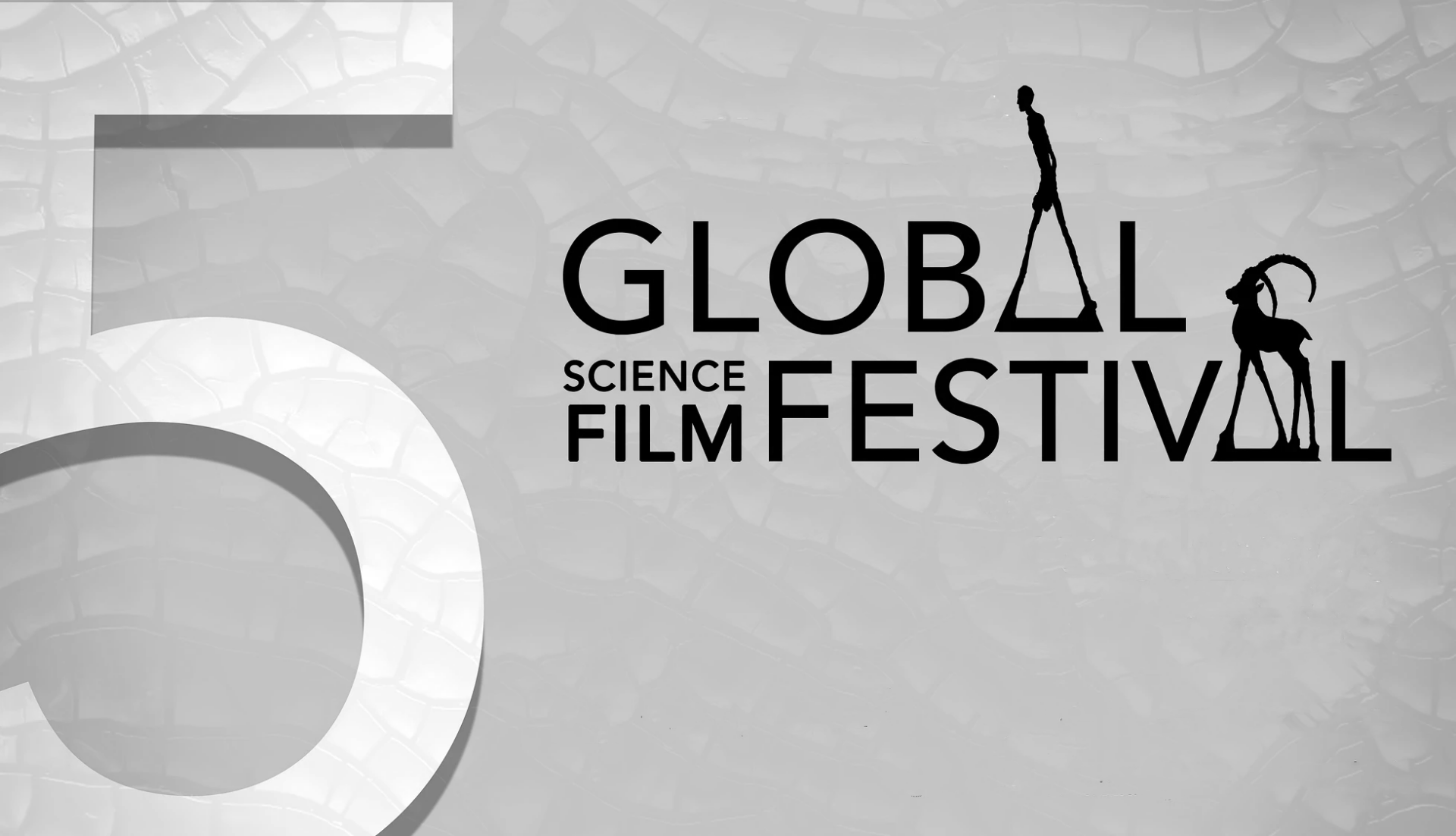

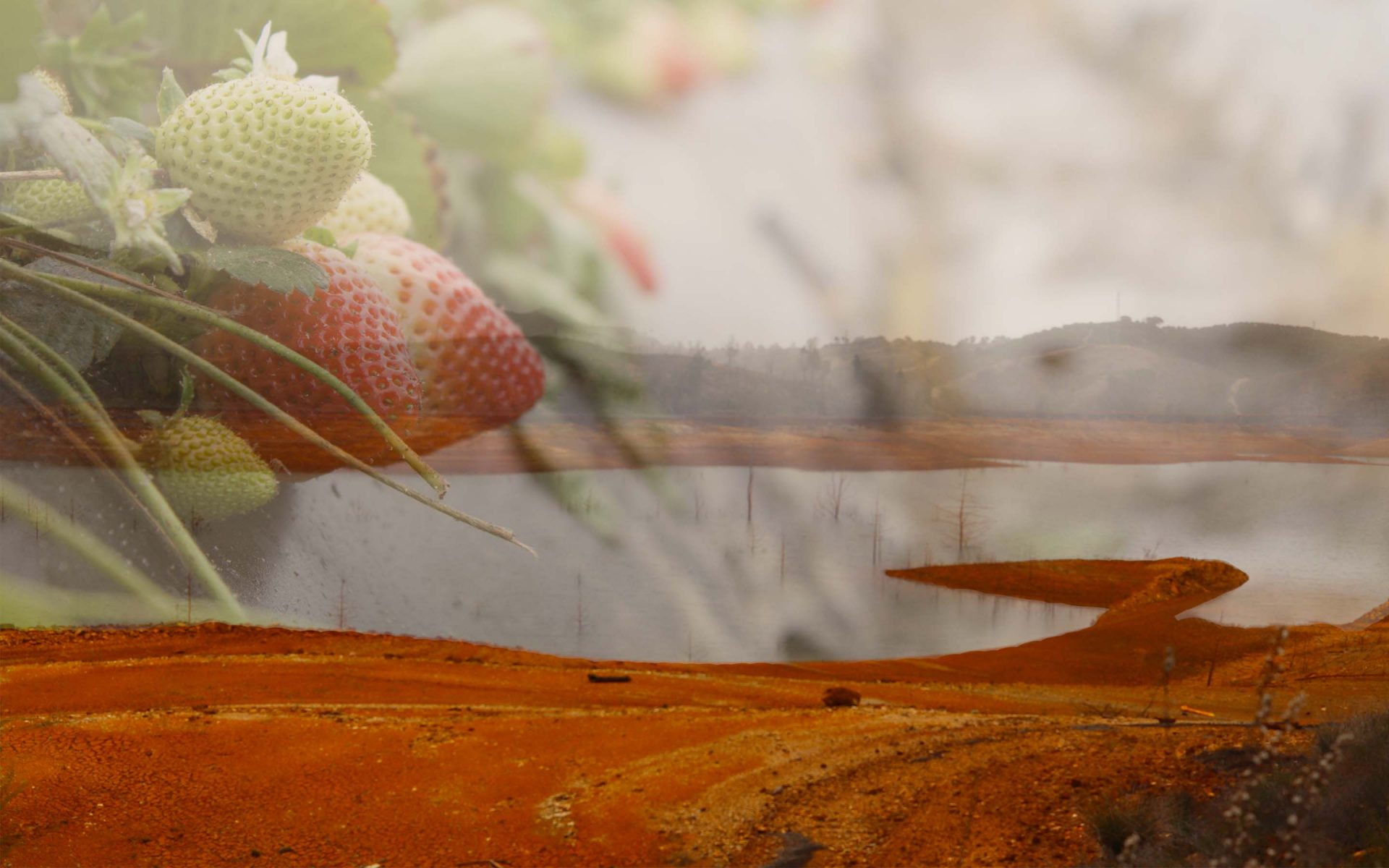
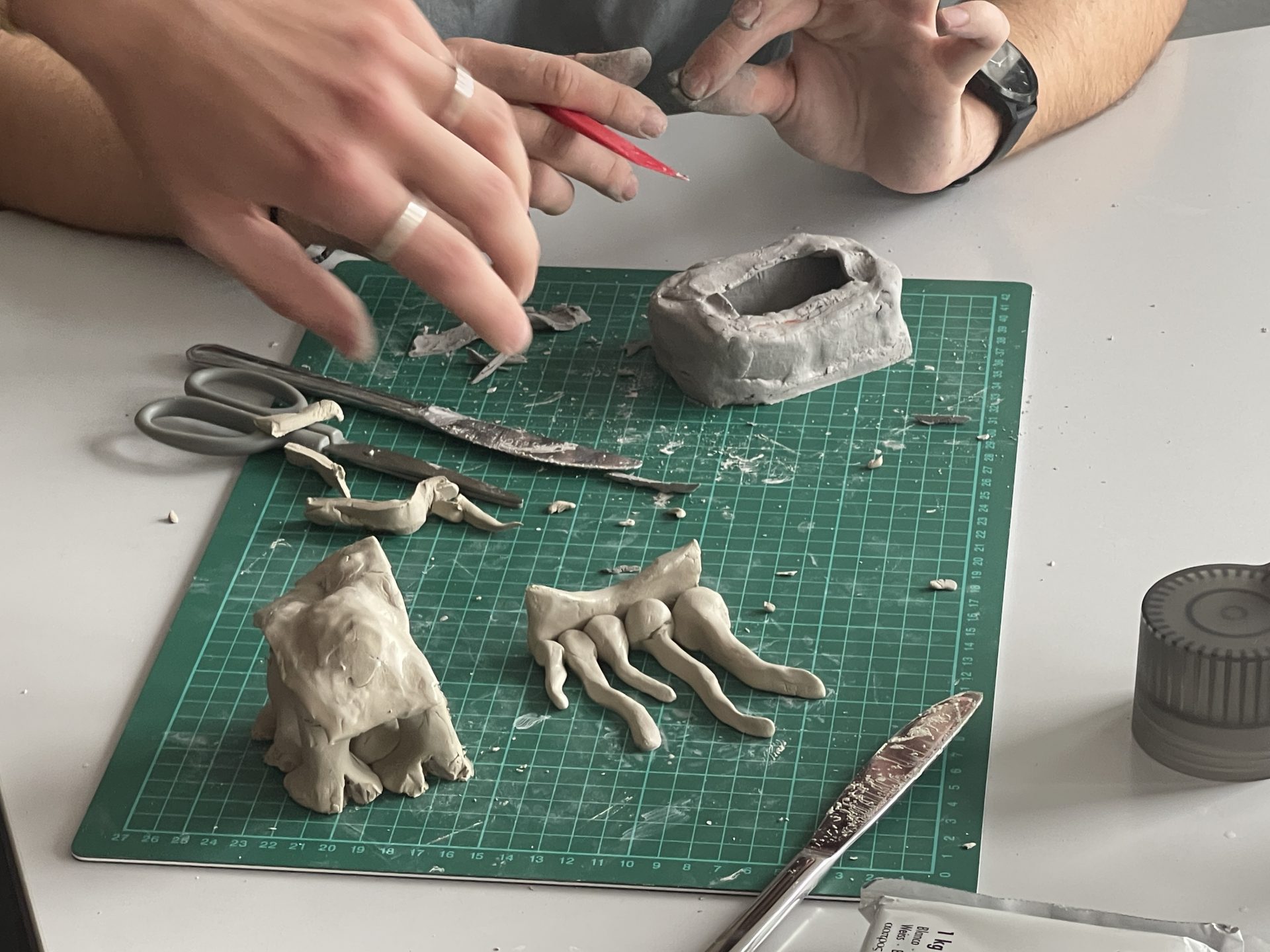
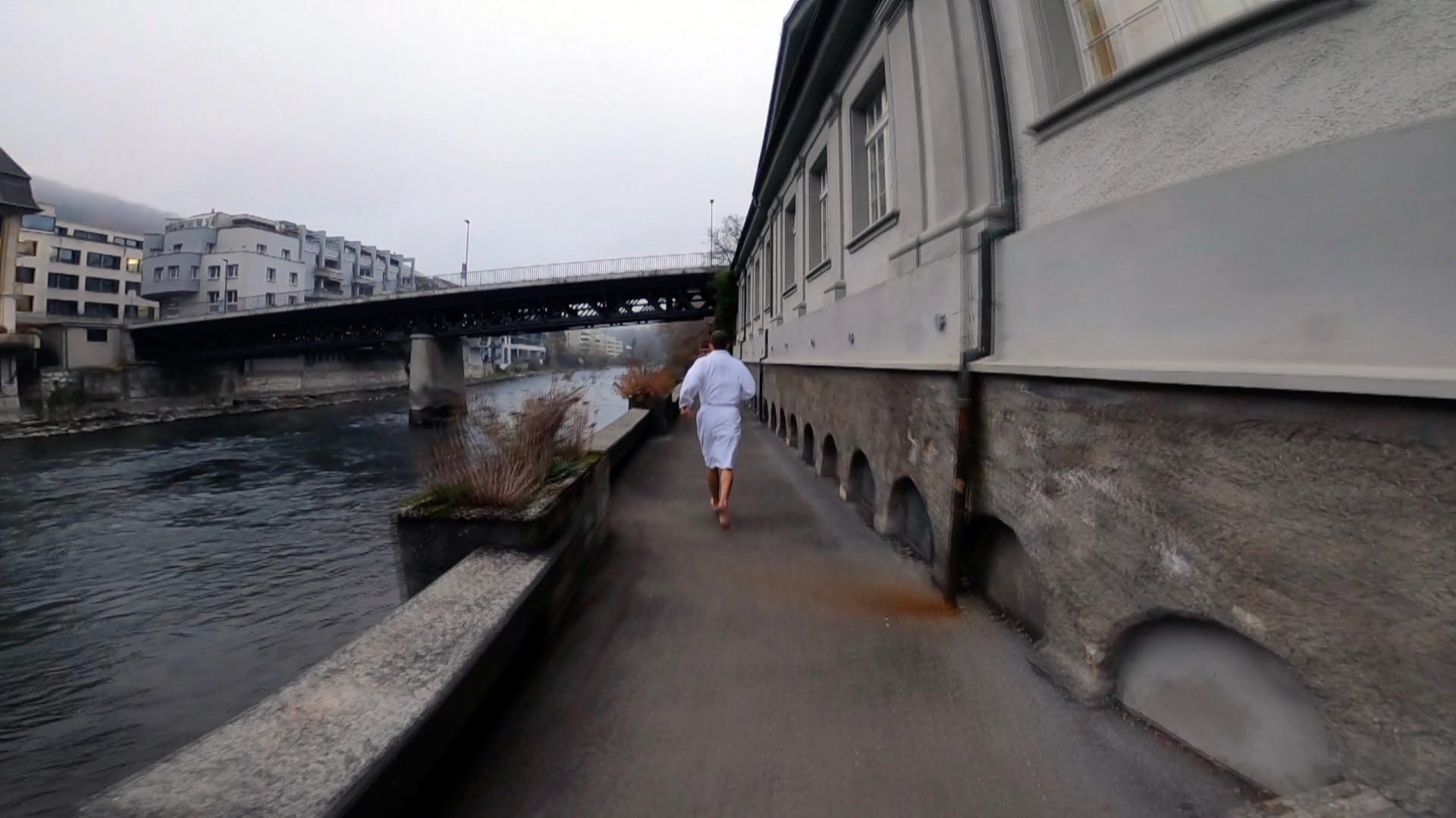
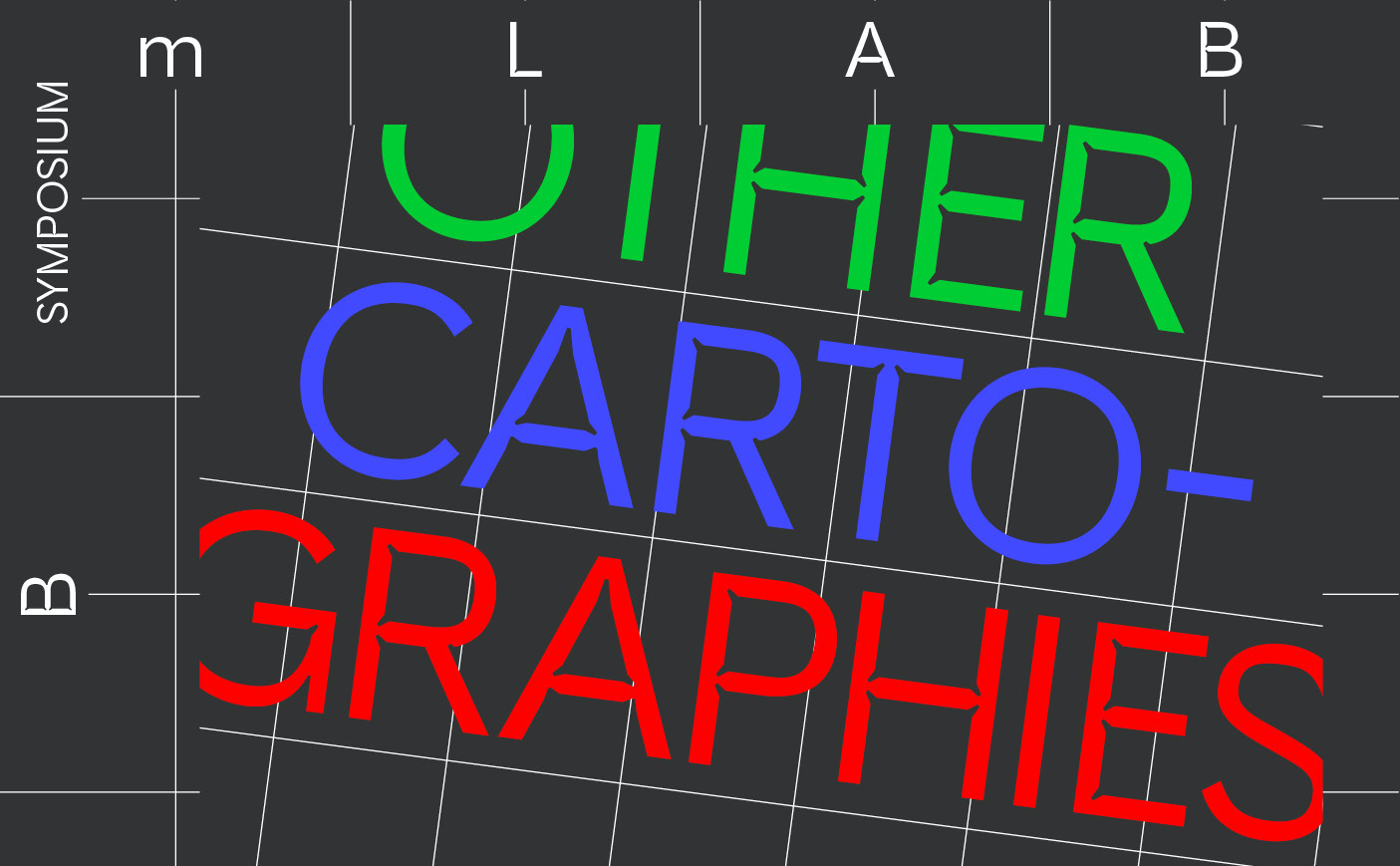
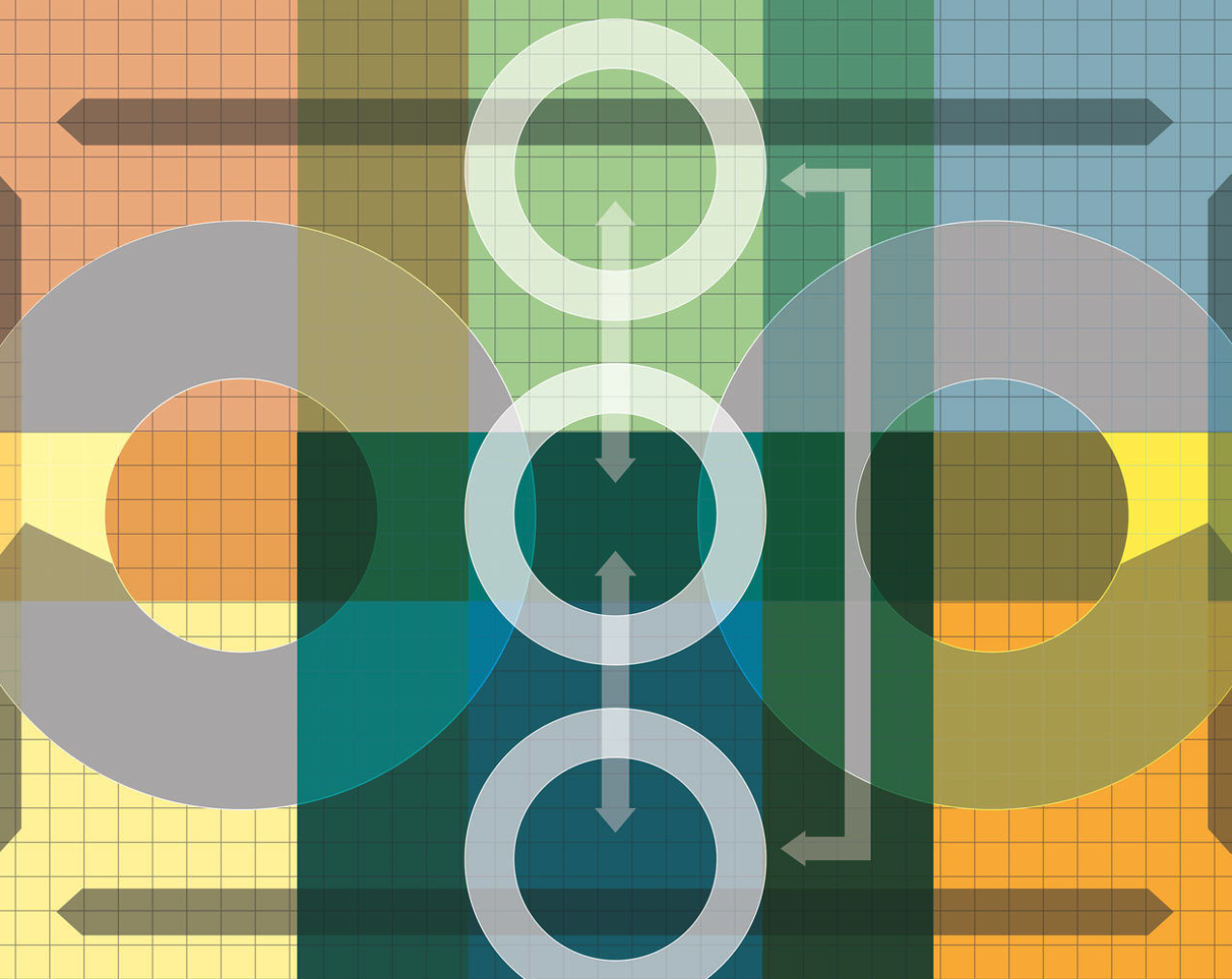
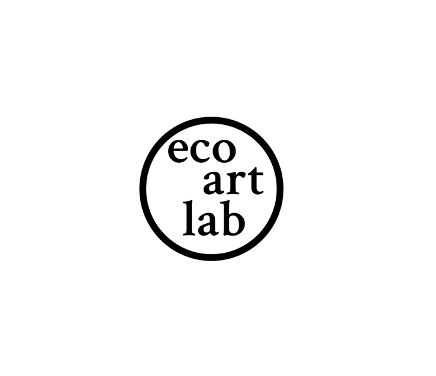

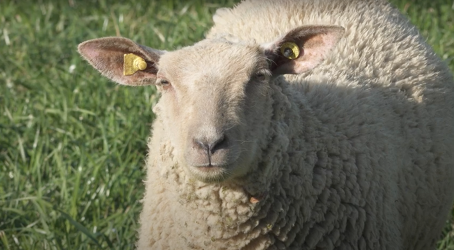

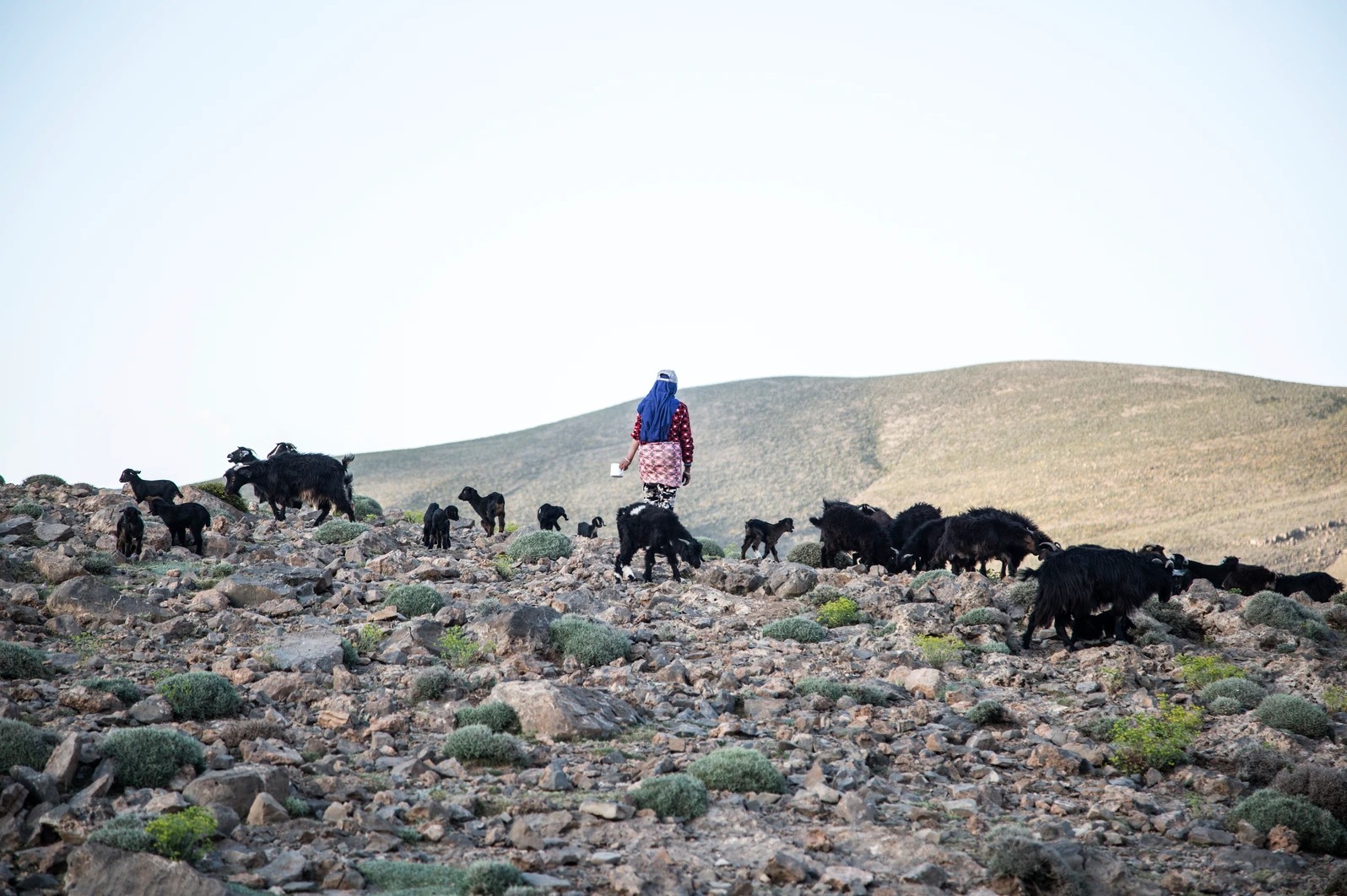
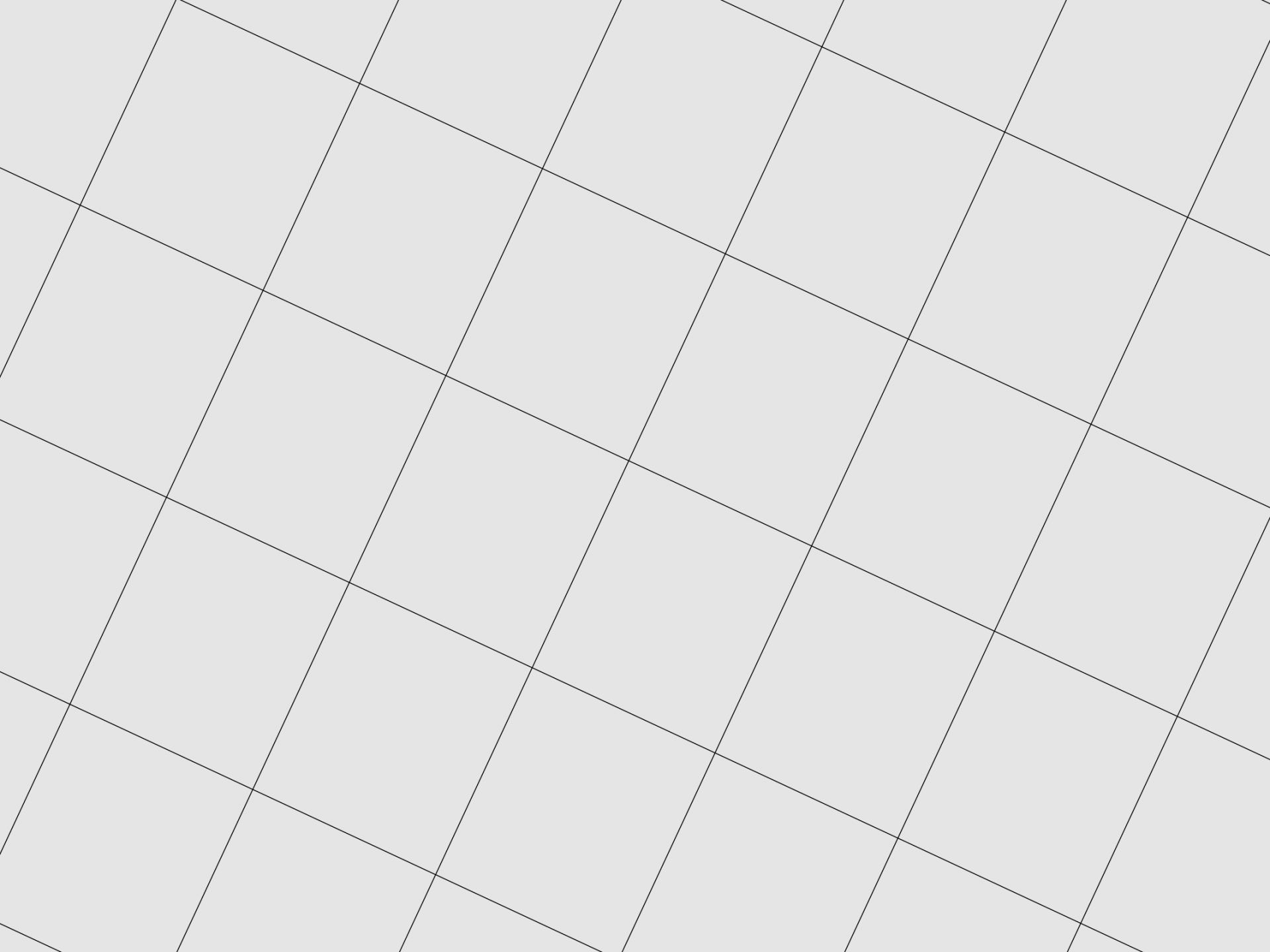
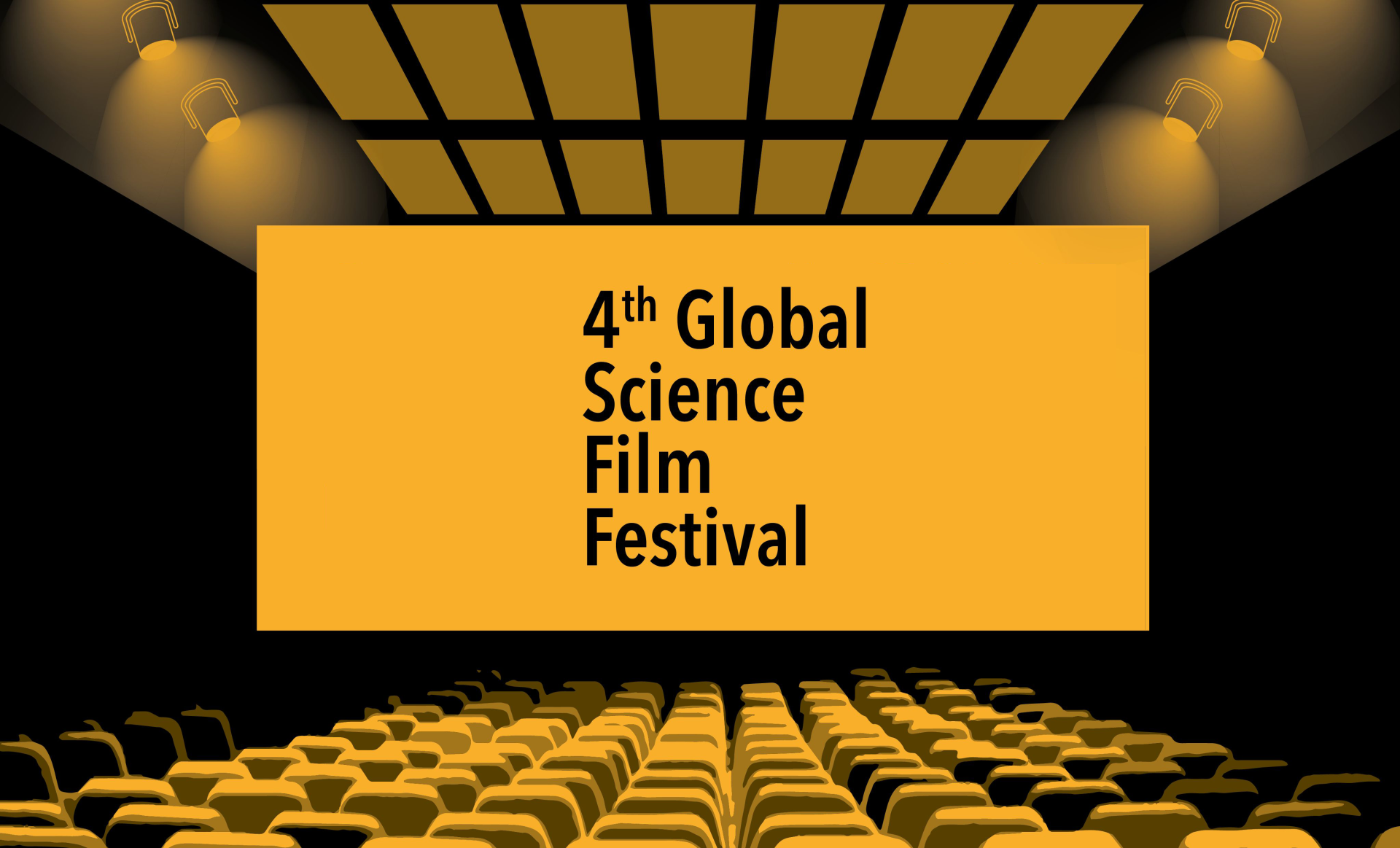
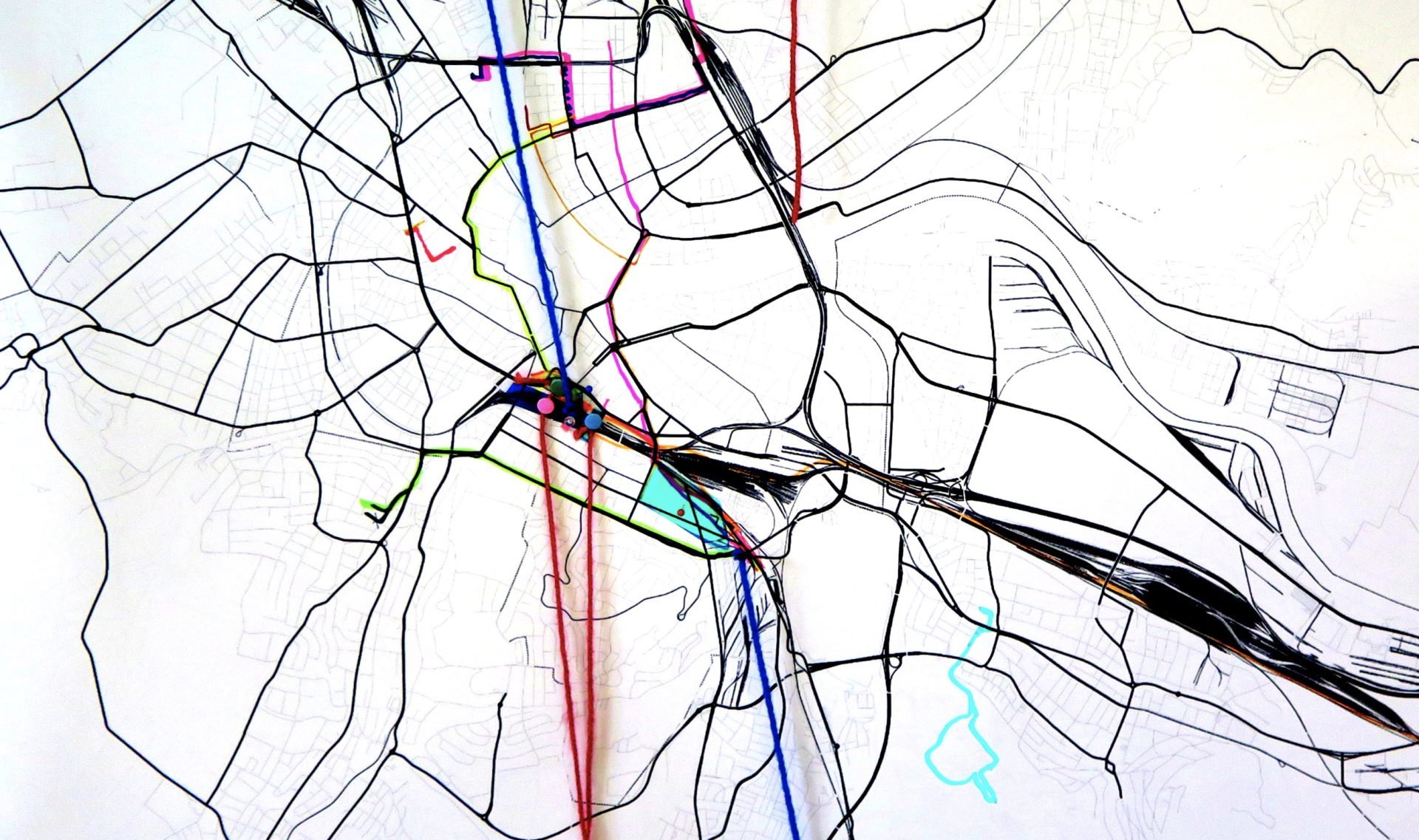

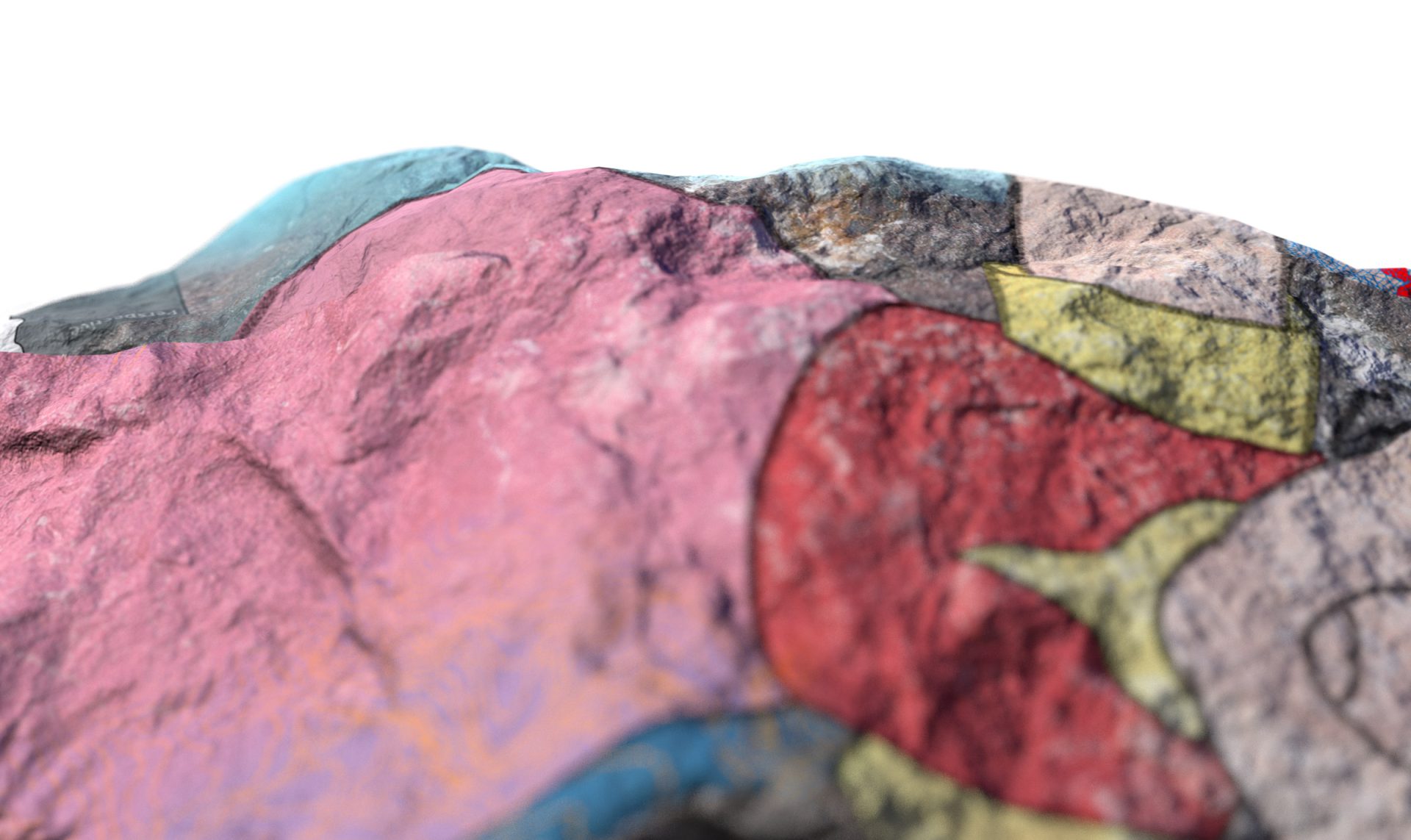


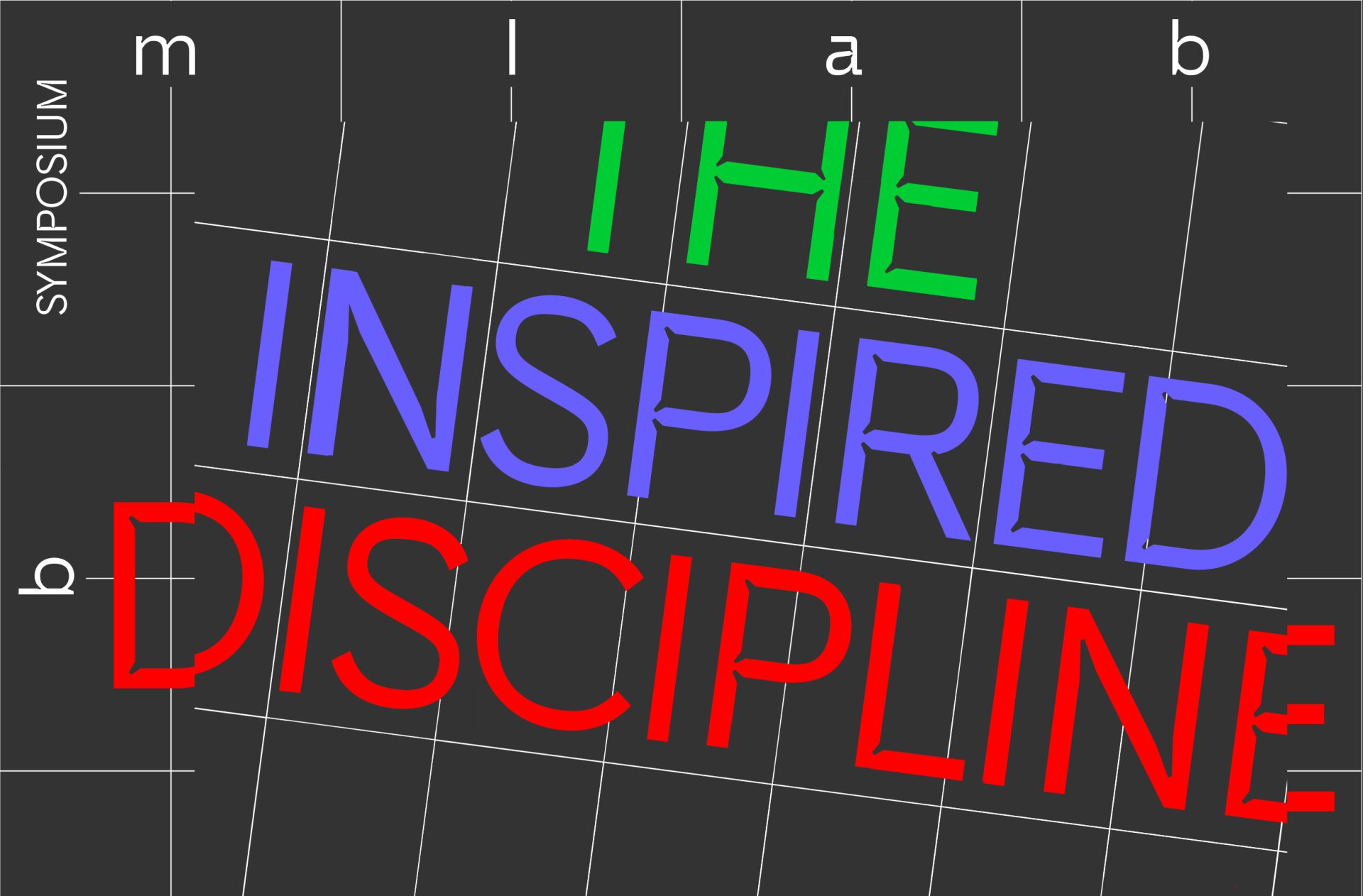
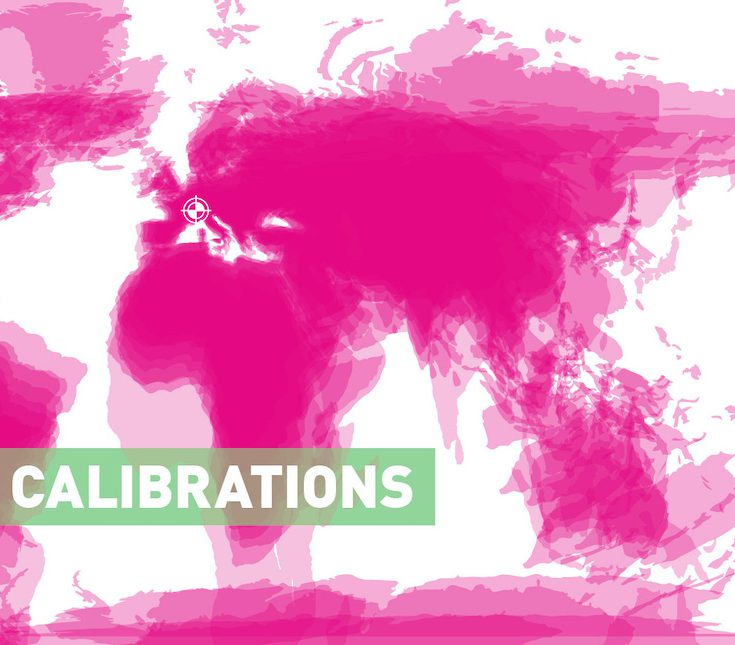
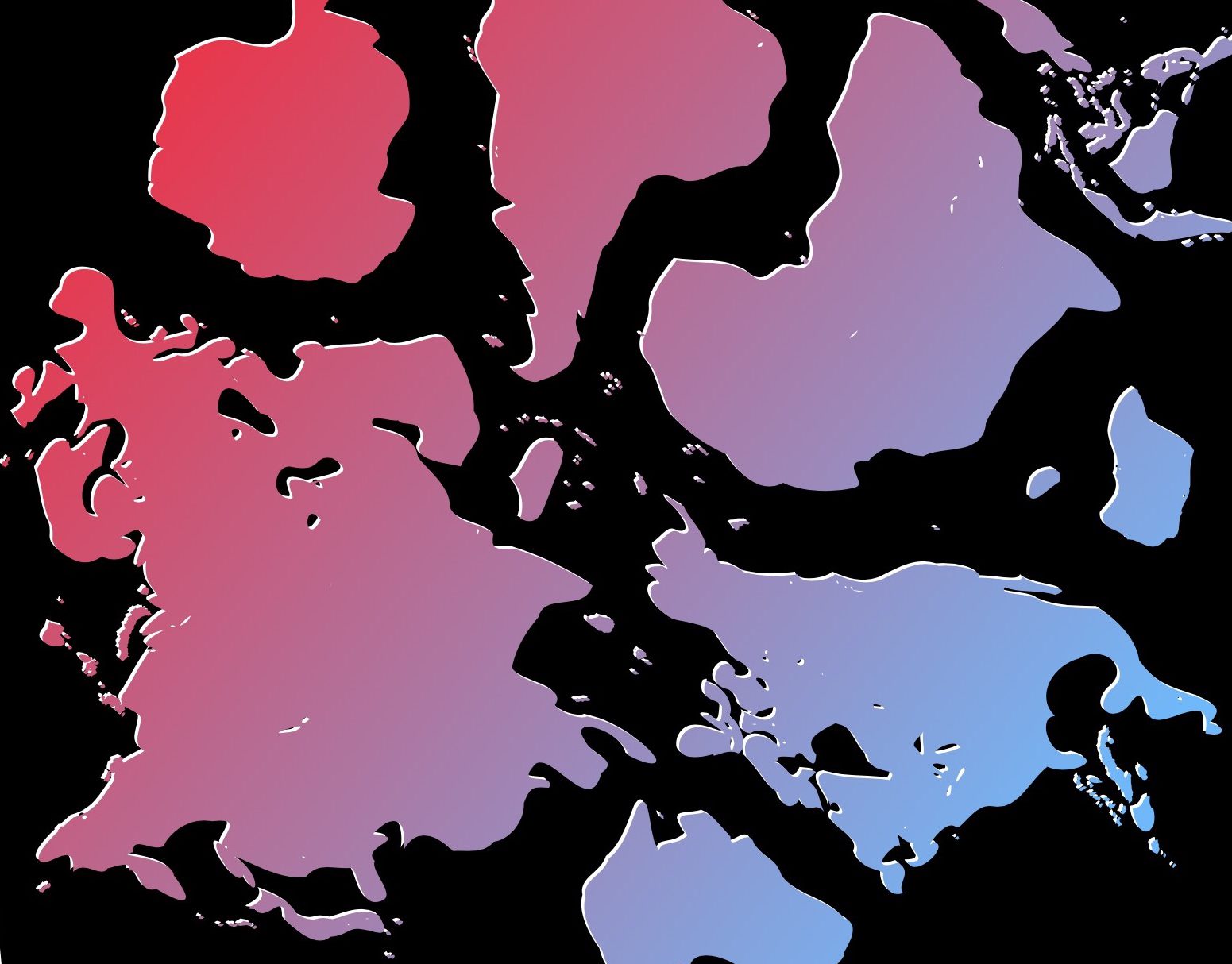
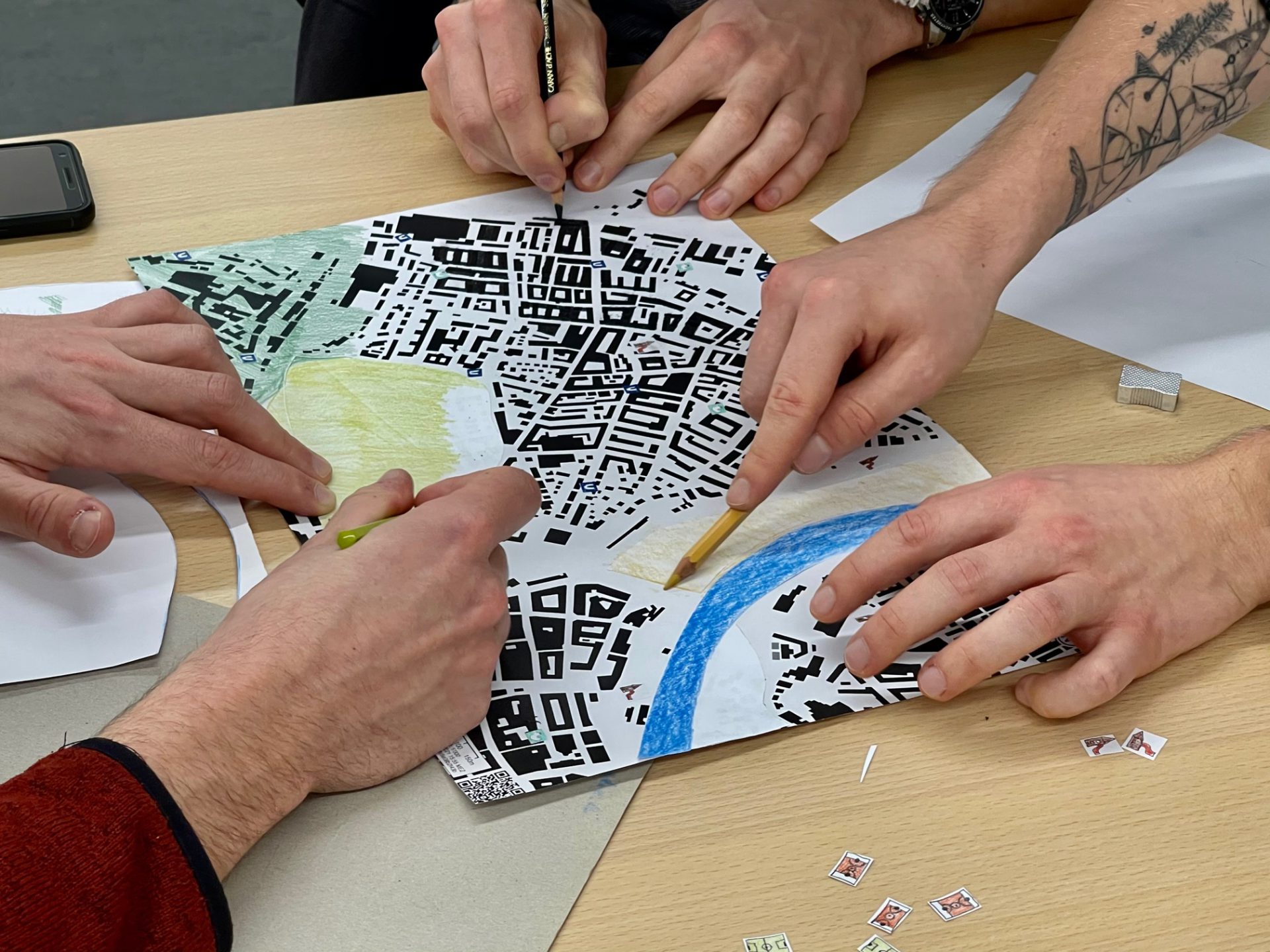

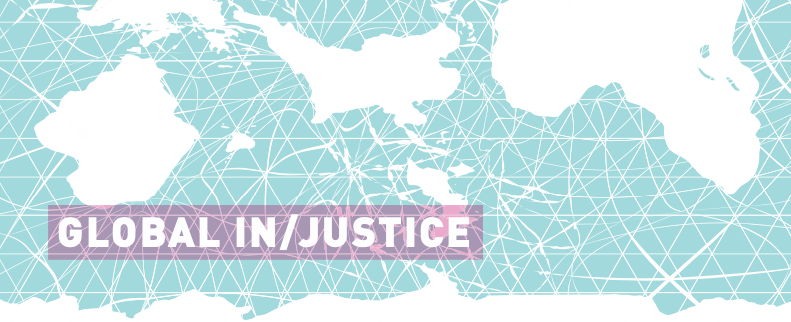
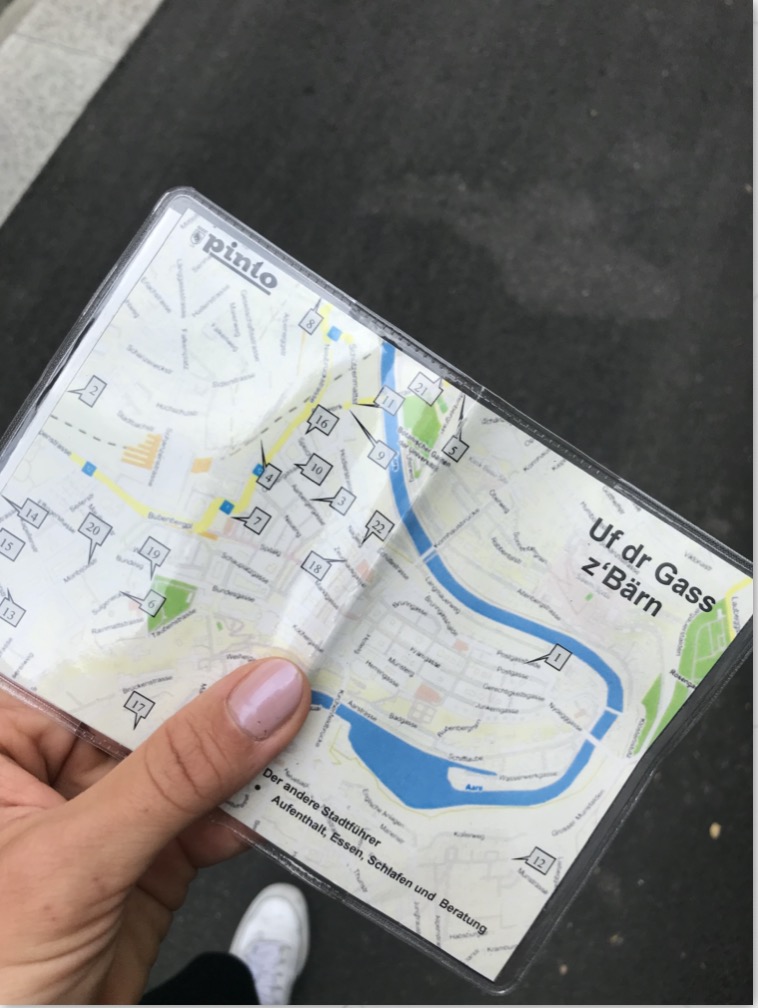
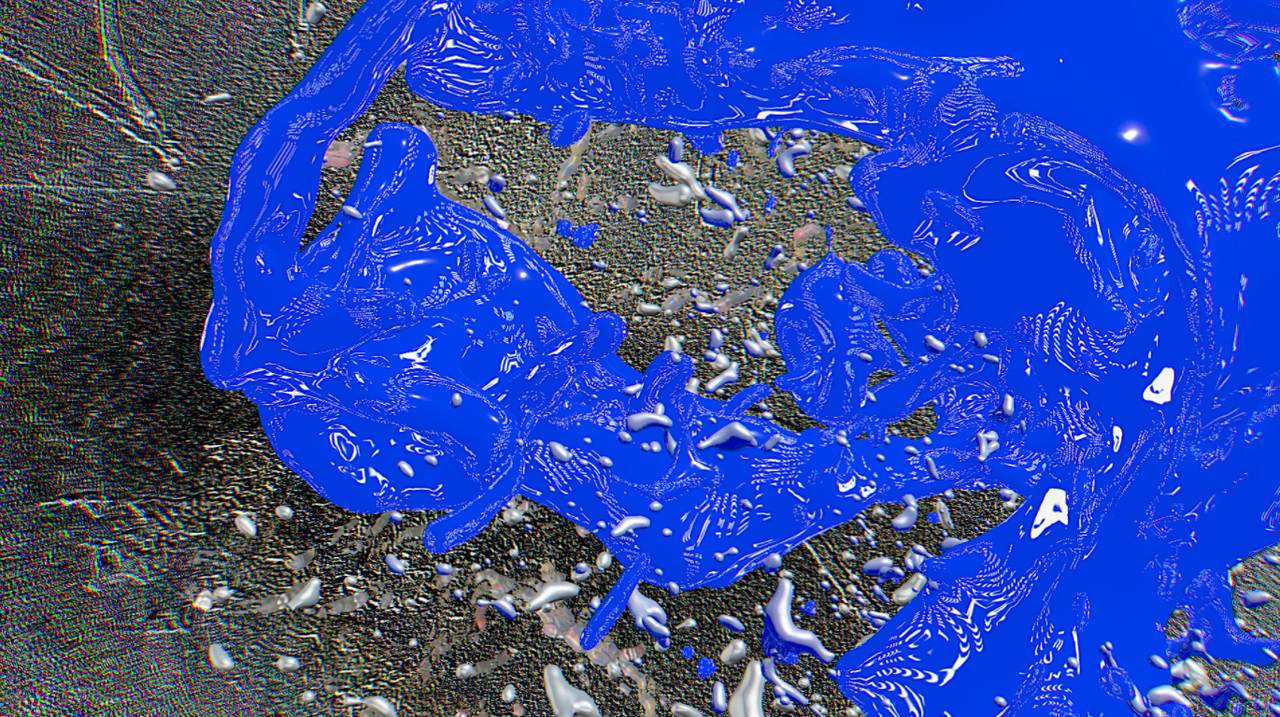


Contributions by Susan Thieme and Stephan Rist to the Massive Open Online Course, MOOC:
How can we address societal challenges with research? Investigate principles, processes, and applications of transdisciplinarity
The next mentored run of our free Massive Open Online Course on Transdisciplinary Research begins on March 14th, 2022. Enrollment is open now. The course presents transdisciplinary research as a living experience. It allows participants to learn at their own pace safely at home yet still connected with learners worldwide. Five outstanding projects with sound theoretical and methodological backgrounds will explore various strategies to remedy complex societal challenges. Dive into the principles, processes, and applications of transdisciplinarity!
Free Registration for Online Course:
Partnering for Change: Link Research to Societal Challenges
Content of the Course
In today’s world, we face many complex societal challenges. Research projects addressing these challenges often involve actors and stakeholders from different fields and disciplines bringing together their own perspectives or knowledge on a topic. Accordingly, collaborative transdisciplinary approaches are crucial for the success of a project. Students, researchers and practitioners from all backgrounds should have the opportunity to learn how to do research that helps to overcome societal challenges.
Digitalisation provides a unique leverage point to increase access and extending reach equitably across the higher education landscape globally. However, digital teaching material on transdisciplinary approaches has been scarce so far.
A partnership brought together the Network for Transdisciplinary Research td-net, the Commission for Research Partnerships with Developing Countries, the Swiss Tropical and Public Health Institute, Swiss Universities of Basel, Bern and Geneva, Universities of Applied Sciences Northwestern Switzerland and Luzern, ETH Zurich, University for Teacher Education Zug, to produce a Massive Open Online Course (MOOC). The MOOC concept and its content are designed through intense co-production processes by experts of the above-mentioned institutes. The MOOC format combines simplicity and creativity to “tell an interesting story” and provoke conversation through social learning between and amongst learners and educators.
The course presents transdisciplinary research as a living experience. With a basis on sound theoretical and methodological background, five outstanding projects illustrate promising different ways of dealing with complex societal challenges. The projects address a) health care for mobile pastoralists, b) water scarcity in the Alps, c) coping with decline in a mountain village, d) labour migration, and e) governance of antimicrobial resistance.
Starting from these challenges, the course will take learners on a journey through the main phases and steps of transdisciplinary research projects. Some of the important questions along the trajectory are: 1) how are the project and its goals framed, 2) what actors are important and which should be involved, 3) what forms of knowledge are important, 3) how can scientists from different disciplines and societal actors interact to co-produce relevant knowledge, 4) what ethical considerations arise regarding research partnerships, 5) in what ways do such projects have societal and scientific impact, 6) what are potential challenges and pitfalls, and 7) what could knowledge co-production mean for you, your work, your career?
The inscription for this free online course is open now. The next moderated course starts on March 14th 2022 and consists of six weeks totalling 30 hours’ workload for learners. Each week consists of a mix of formats, including videos, articles, discussions and quizzes. Students from all departments, professionals, and teachers, are the targeted participants. All material, except the interactive parts, will be available year-round and can be integrated in lectures, courses, and self-studies.
More information: transdisciplinarity.ch